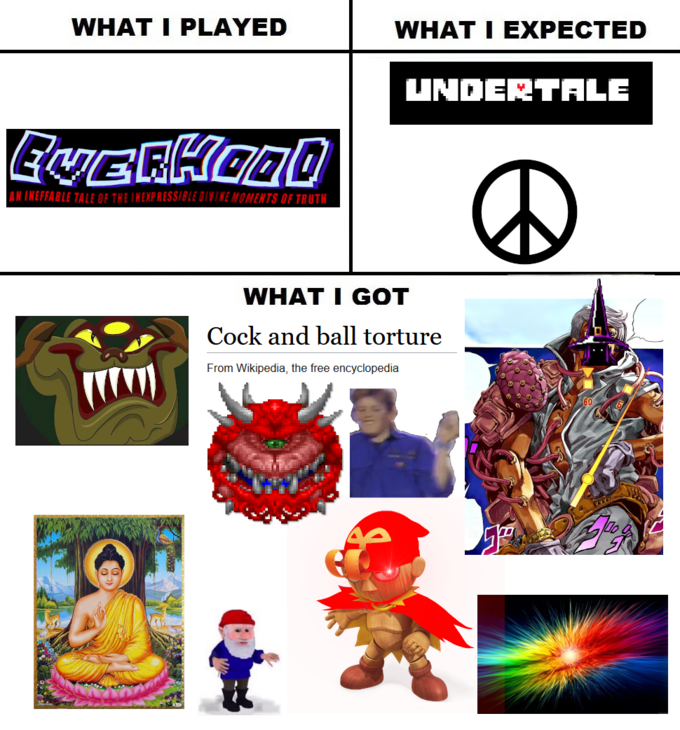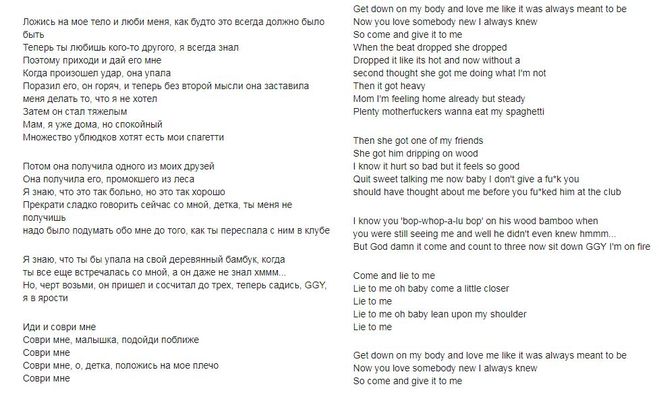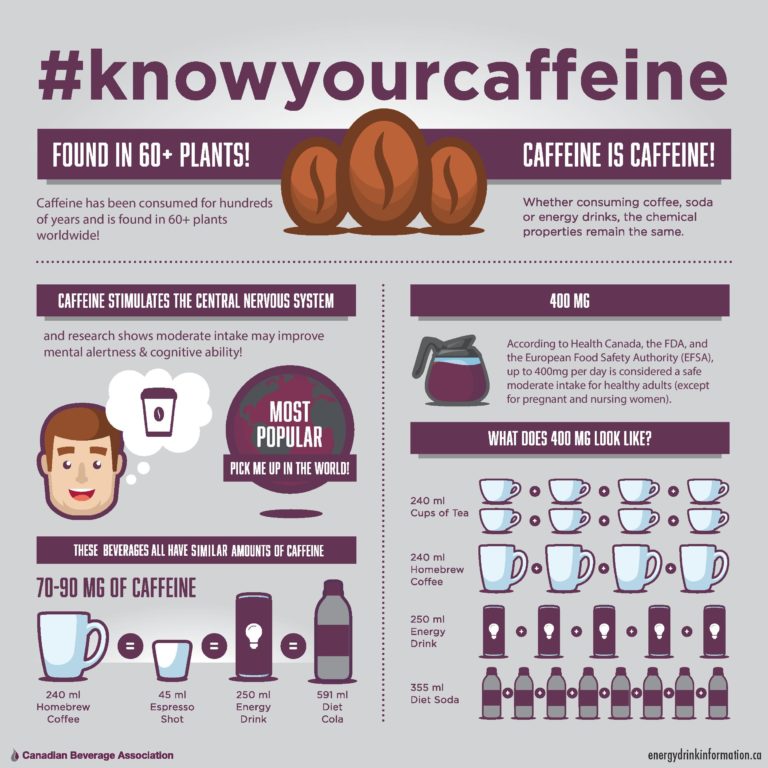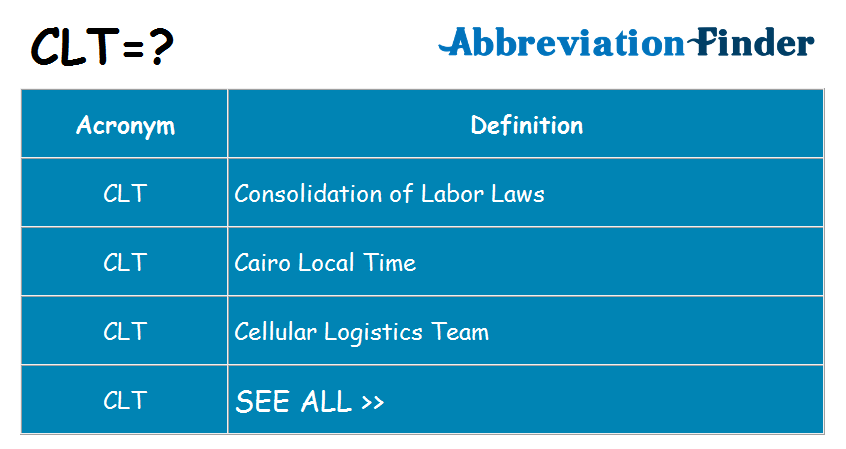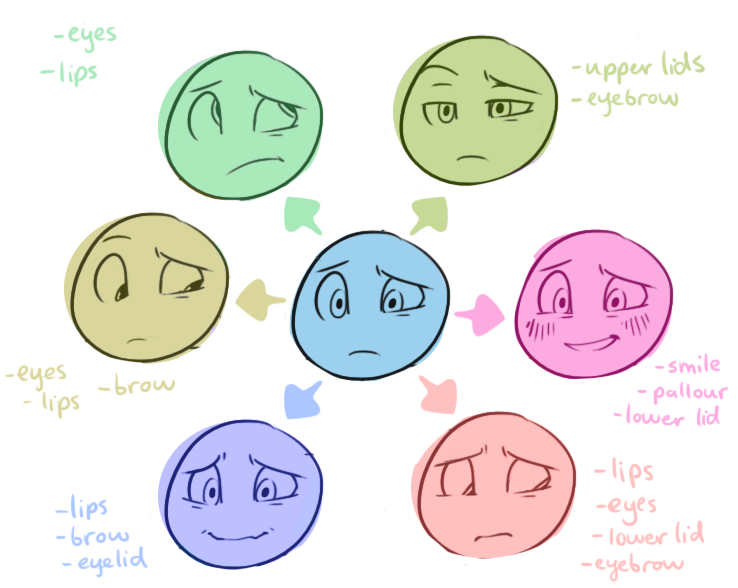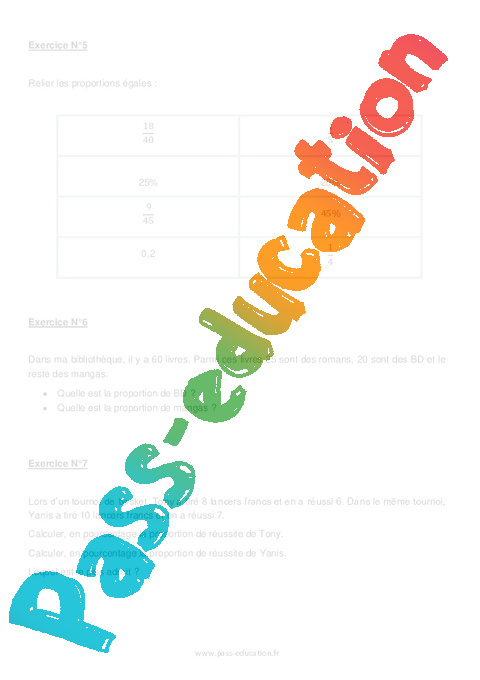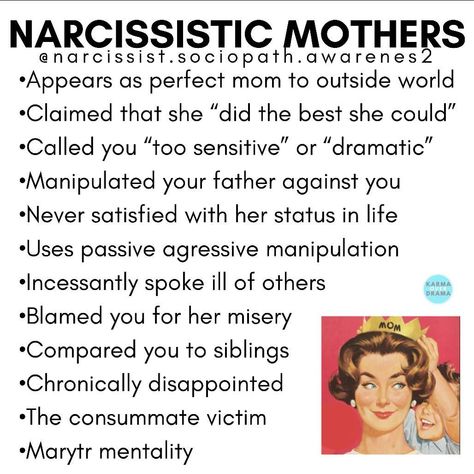Not what i expected book
Not What I Expected: Parenting a Special-Needs Child--From Diagnosis to Acceptance and Beyond by Rita Eichenstein
April 2, 2016Those of us with special needs children will often tell you that it is a blessing, a gift, and an unexpected surprise, but in reality it is a quiet struggle. It is deep well of emotions that holds love, anger, rage, acceptance, faith, hope, and sadness. As a parent to three special needs children I can honestly say that my well of emotions is rather deep. With the support of family, a psychiatrist, and the school system; I have worked through my emotions and have come to love and watch my children thrive. However, like so many parents of special needs children, I have lost a marriage that was partly due to my children’s disability. Only one of us was able to handle the challenges of our children’s disability and it is because of my impending divorce that I picked up this book. I wish I had discovered this book much earlier.
Unlike most information that is published about special needs children, this book is written with the parents in mind. It is a guide that discusses the stages of grief, stress, hardships, and relationship turmoil; that can occur while raising a child with disabilities. The author goes into great details on how parents can work together to prevent divorce and burnout with one another.
I have to say this is one of the best special needs resource books that I have read in a very long time. I am so sad that I did not read it a while ago, but it everything happens for a reason. Like so many couples, my marriage had a spouse that was angry about having disabled children and could not cope with the issues that arose with it. This manual would have been helpful for us and would have been brought up with our family psychiatrist, but part of me believes it still would not have changed his mind. Having three special needs children opens the world to many new people. Individuals that do not judge others based on color, size, or intellect. I have met so many beautiful people and enjoy being active in the community. However, I have learned to balance managing my children’s needs and finding time for myself. This book reminds parents to take time out of each day for yourself. Don’t lose your identity or your marriage. Take time for your partner and have a hobby. If you don’t have fun occasionally you will find yourself alone or hating your partner for their lack of help. This book is a great start at reminding parents at how to be themselves again.
I have met so many beautiful people and enjoy being active in the community. However, I have learned to balance managing my children’s needs and finding time for myself. This book reminds parents to take time out of each day for yourself. Don’t lose your identity or your marriage. Take time for your partner and have a hobby. If you don’t have fun occasionally you will find yourself alone or hating your partner for their lack of help. This book is a great start at reminding parents at how to be themselves again.
- special-needs-autism-adhd
October 5, 2015
The title of the book that I picked up actually is "Not What I Expected - Help and Hope for Parents of Atypical Children" not special-needs children. Although this book is not geared to parents of LGBTQ kids, I read it because I wanted a book that dealt with the emotions parents go through when their child is different than the mainstream. I found many tidbits to help me.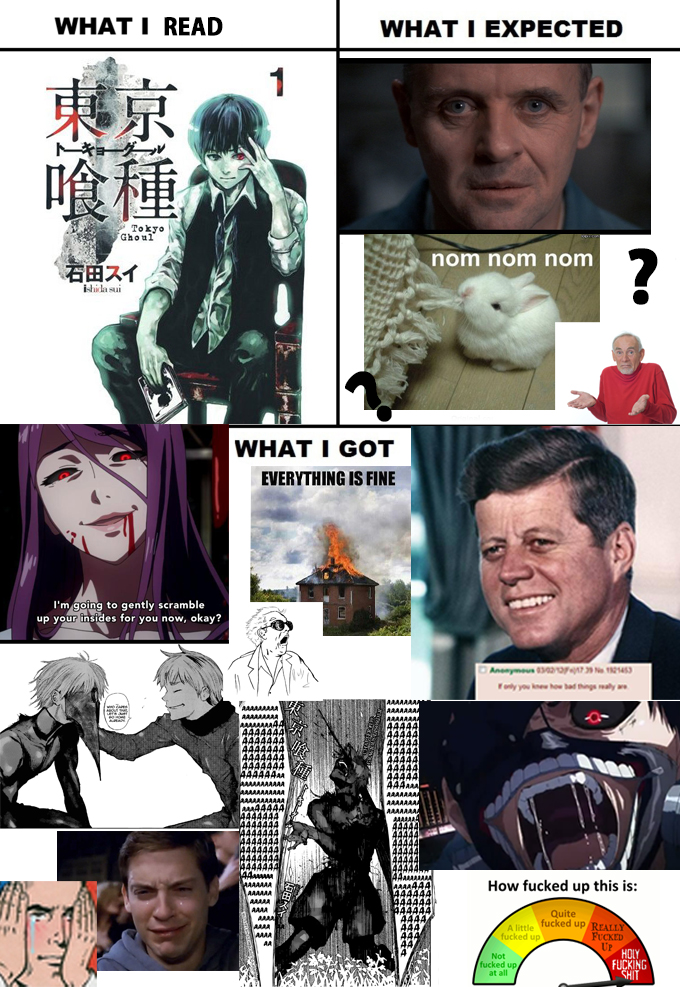
"What does atypical mean? It's a term that encompasses children who do not conform to the usual expectations..."
"The child's welfare is naturally a front and center concern, but who ensures that this child is nurtured and protected? Who needs to be consistently upbeat and encouraging? It's usually the parent. And what about that parent? ... How are you? How are you holding up? Where is the road map to help you navigate your own journey?"
"Somehow you are going to get through this, and your child is going to grow, and you're going to grow with your child. Somehow, it is going to be okay."
Monica
40 reviews2 followers
March 7, 2017What a wonderful book for parents! I found this to be such a helpful read before and after my son was diagnosed with autism. This is not a book about therapy or teaching strategies for children, but more of an emotional support for parents as they come to terms with their child's diagnosis. Simply excellent!
March 27, 2018
This was one of the most powerful books I've ever read.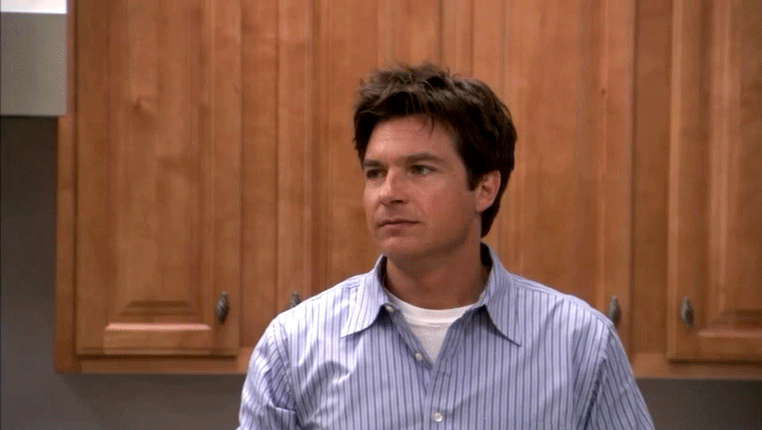 It spoke to my experience even when addressing families with needs far greater than mine. Please share with family, therapists, even pediatricians.
It spoke to my experience even when addressing families with needs far greater than mine. Please share with family, therapists, even pediatricians.
November 3, 2018
This book is amazing.... it helps u understand what u are feeling and how to work through those feelings and also to see that rveryone processes thungs differently.
February 2, 2019
I liked it and I'm not even married.
I don't even have kids.
It's that good.
Nara
221 reviews10 followers
January 4, 2020This book was ultimately not what I needed. What it *did* do, which I needed and appreciated, was to validate that this shit is hard, and it changes your life and your marriage and requires you to make shifts you didn’t know how to make. Not super helpful on *how* to make those shifts, though - maybe if you were not living the examined life already, it could offer some insights? I did do the exercise where you write down every day for a week
* what your kids behavior was
* how you reacted
* how it worked out
* what you could do better next time
and that was interesting and gave me some insights into both kids & my relationships with them.
Glad I read the Nagoskis’ Burnout this year (much more helpful on the “how to change” front) and that I have a good ~ologist and ~iatrist and support network.
- non-fiction
February 13, 2021
Fantastic book, especially for parents of a special needs child, beginning or in the middle of their journey. Well constructed format going through the cycle of grief, associated with loss of the idealised child. Felt that there was a good balance of real life, research and practical tips, so that it would meet the needs of a wide audience. The author, who is a health professional shows a good understanding and empathy of the parents viewpoint, which is refreshing.
- disability-autism non-fiction psychology
Roxanne
429 reviews1 follower
February 27, 2023Nicely framed book about the emotions parents can go through after having a child diagnosed with special needs. There were times I felt the book was trying to shoehorn the experiences into the grief template for the sake of the book's structure, but overall, there were so many really valuable concepts here. It's always nice for me to read stories of other parents that have successfully navigated this path to give me hope for our future.
It's always nice for me to read stories of other parents that have successfully navigated this path to give me hope for our future.
- non-fiction
K Hue
117 reviews1 follower
September 22, 2017great parenting book for ALL parents (of neurodiverse, atypical, neurotypical, etc).
May 18, 2019
beginning of the book was amazing, felt it would help a lot of parents in todays world but it may not apply to my son entirely. But still a good read.
Tracy
332 reviews1 follower
June 20, 2021Good read. I should have read this years ago.
June 16, 2022
Absolutely brilliant. The best book to read after you recieve a diagnosis for yourself or for a loved one. Recommend to Al parents of Atypical children.
January 19, 2023
Foreword by Daniel Siegel. Good coverage of a tough topic. I found the last parts, on depression and acceptance, were the most valuable.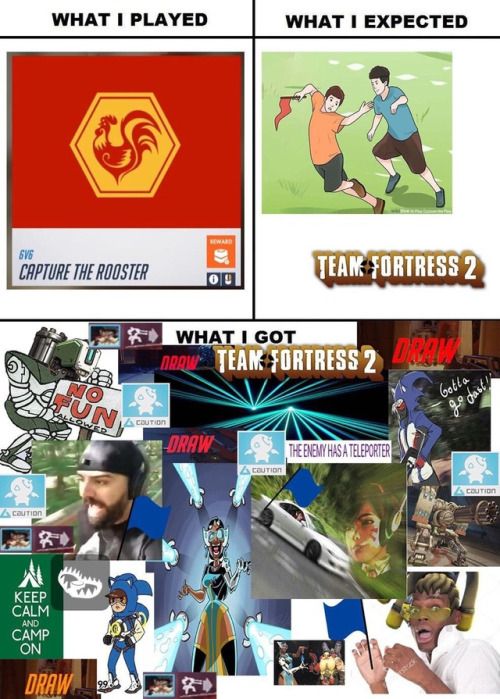
February 21, 2020
I think this is a great book for parents with a new diagnosis. I read this five years after our diagnosis and wish I had it earlier. It is a little heavy on the biological descriptions, which is interesting but a little cumbersome. I wanted to know more about how to thrive in this life instead of existing in constant survival mode.
I think a follow-on book would be a great addition, or a workbook with more activities to help a parent process the grief.
Books | The Postpartum Stress Center
NOW AVAILABLE TO ORDER
What About Us? A New Parents Guide to Safeguarding Your Over-Anxious, Over-Extended, Sleep-Deprived Relationship
BUY NOW
What About Us? A New Parents Guide to Safeguarding Your Over-Anxious, Over-Extended, Sleep-Deprived Relationship
By:
Karen Kleiman, Illustrated by Molly McIntyre
The demands of a new baby can test a couple’s relationship like nothing else! When we factor in sleep deprivation, hormonal changes, depression and anxiety, and different personalities, life with a newborn can feel a bit crazy.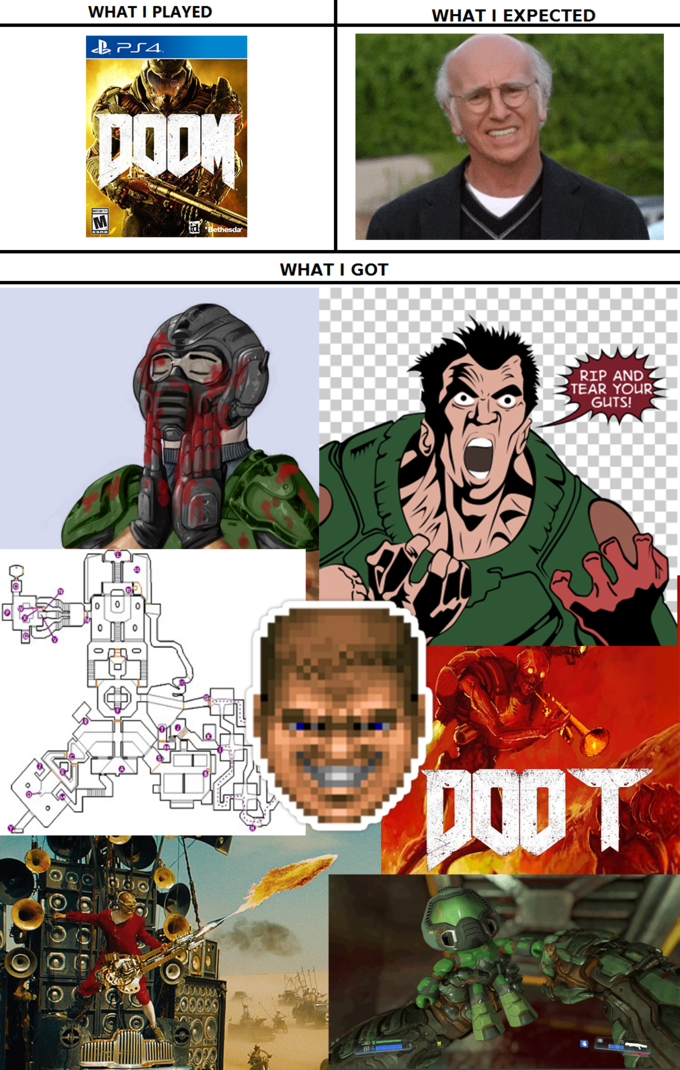 Couples tend to misinterpret this rough patch as a sign that something is wrong with the relationship, but when couples take steps toward open communication and safeguard their relationship, they can face everything new parenthood throws at them together. From the team behind the bestselling Good Moms Have Scary Thoughts comes a new guidebook of short essays, comics, and quick journal prompts about the stressful newborn stage, the struggles that so many new parents face, and the skills you need to tap into your strength as a couple.
Couples tend to misinterpret this rough patch as a sign that something is wrong with the relationship, but when couples take steps toward open communication and safeguard their relationship, they can face everything new parenthood throws at them together. From the team behind the bestselling Good Moms Have Scary Thoughts comes a new guidebook of short essays, comics, and quick journal prompts about the stressful newborn stage, the struggles that so many new parents face, and the skills you need to tap into your strength as a couple.
Purchase Book
Good Moms Have Scary Thoughts: A Healing Guide to the Secret Fears of New Mothers
By:
Karen Kleiman Illustrated by Molly McIntyre
Over 90 percent of new mothers will have scary, intrusive thoughts about their baby and themselves. What if I drop him? What if I snap and hurt my baby? Mothering is so hard. I don't know if I really want to do this anymore. Gosh, I'm so terrible for thinking that!
Yet for too many mothers, those thoughts remain secret, hidden away in shame that make you feel even worse.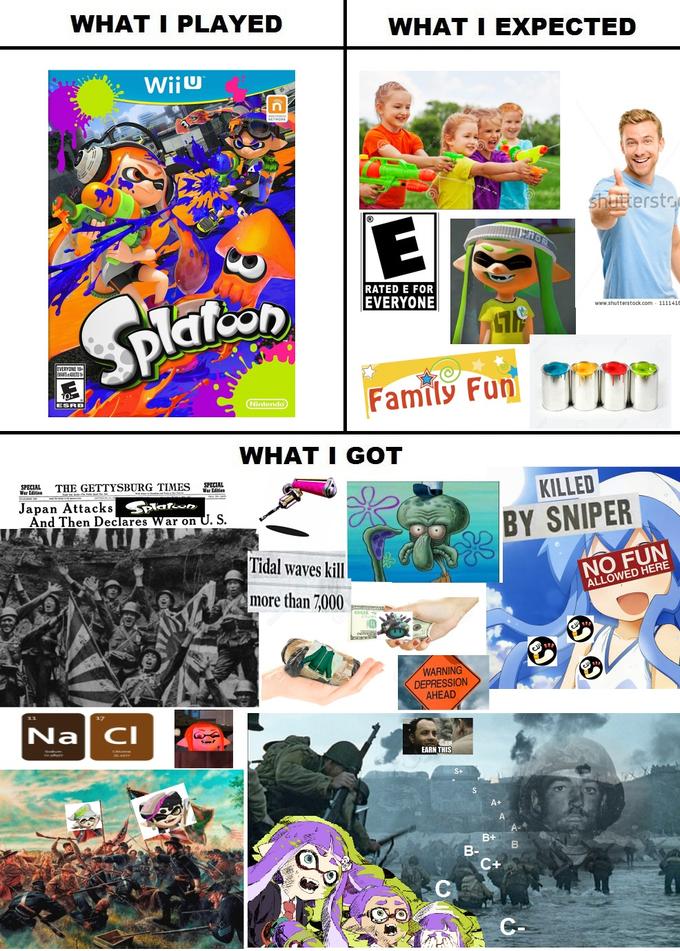 But here's the good news: you CAN feel better! Author Karen Kleiman, coauthor of the seminal book This Isn't What I Expected and founder of the acclaimed Postpartum Stress Center, comes to the aid of new mothers everywhere with a groundbreaking new source of hope, compassion, and expert help. Good Mothers Have Scary Thoughtsis packed with world-class guidance, simple exercises, and nearly 50 stigma-busting cartoons from the viral #speakthesecret campaign that help new moms validate their feelings, share their fears, and start feeling better. Lighthearted yet serious, warm yet not sugary, and perfectly portioned for busy moms with full plates, Good Moms Have Scary Thoughts is the go-to resource for moms, partners, and families everywhere who need help with this difficult period.
But here's the good news: you CAN feel better! Author Karen Kleiman, coauthor of the seminal book This Isn't What I Expected and founder of the acclaimed Postpartum Stress Center, comes to the aid of new mothers everywhere with a groundbreaking new source of hope, compassion, and expert help. Good Mothers Have Scary Thoughtsis packed with world-class guidance, simple exercises, and nearly 50 stigma-busting cartoons from the viral #speakthesecret campaign that help new moms validate their feelings, share their fears, and start feeling better. Lighthearted yet serious, warm yet not sugary, and perfectly portioned for busy moms with full plates, Good Moms Have Scary Thoughts is the go-to resource for moms, partners, and families everywhere who need help with this difficult period.
Bonus content: Therapist Guide
Purchase Book
Dropping the Baby and Other Scary Thoughts: Breaking the Cycle of Unwanted Thoughts in Motherhood
By:
Karen Kleiman, MSW and Amy Wenzel, PhD
Dropping the Baby and Other Scary Thoughts: Breaking the Cycle of Unwanted Thoughts in Motherhood addresses the nature of the intrusive, negative, and anxious thoughts pregnant and postpartum women can experience.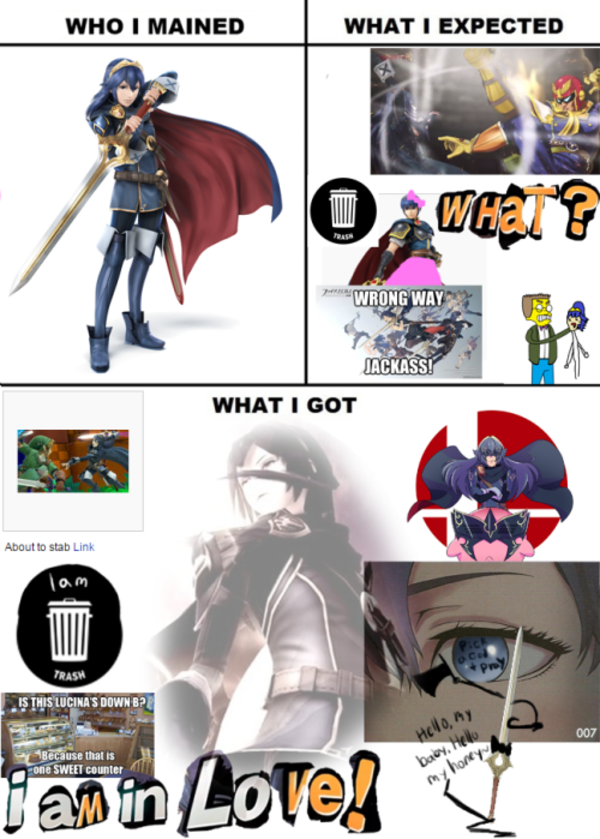 It provides answers to the women who seek information, clarification, and validation and is a useful resource for healthcare professionals who work with them. It is a resource for consumers and clinicians who must confront these negative cognitions by outlining what these thoughts are, why they are there, and what can be done about them. The compassionate tone of the book will be a voice that is familiar to many women in the postpartum community, and is written by two clinicians who have established themselves as leading experts and authors in this specialized field.
It provides answers to the women who seek information, clarification, and validation and is a useful resource for healthcare professionals who work with them. It is a resource for consumers and clinicians who must confront these negative cognitions by outlining what these thoughts are, why they are there, and what can be done about them. The compassionate tone of the book will be a voice that is familiar to many women in the postpartum community, and is written by two clinicians who have established themselves as leading experts and authors in this specialized field.
Purchase Book
Therapy and the Postpartum Woman: Notes on Healing Postpartum Depression for Clinicians and the Women Who Seek their Help
By:
Karen Kleiman
This book provides a comprehensive look at effective therapy for postpartum depression. Using a blend of professional objectivity, evidence-based research, and personal, straight-forward suggestions gathered from years of experience, this book brings the reader into the private world of therapy with the postpartum woman.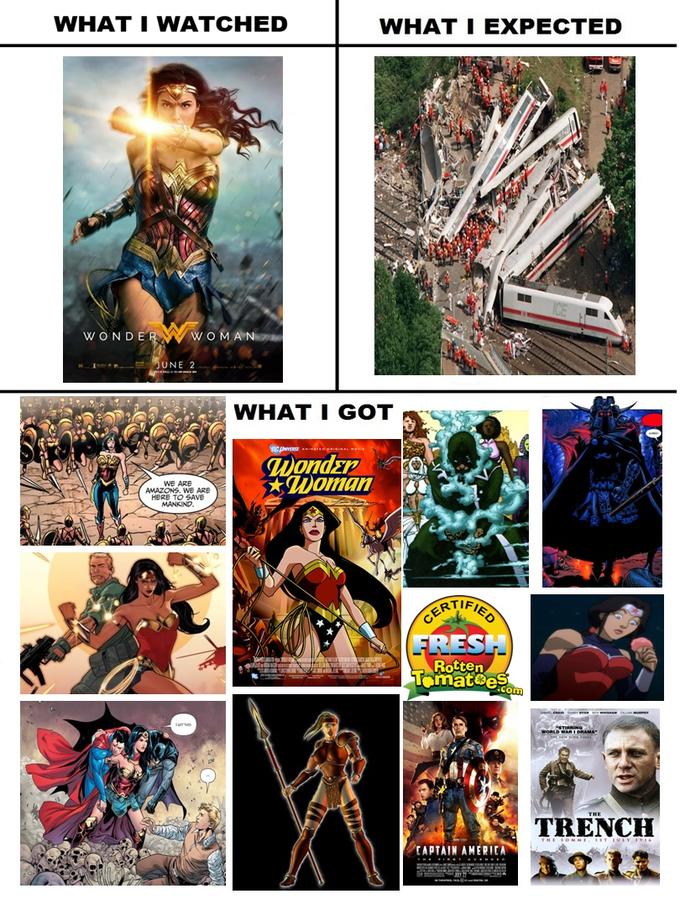 Based on Psychodynamic and Cognitive-Behavioral theories, and on D.W. Winnicott's "good-enough mother" and the "holding environment" in particular, the book is written by a therapist who has specialized in the treatment of postpartum depression for over 20 years. Therapy and the Postpartum Woman will serve as a companion tool for clinicians and the women they treat.
Based on Psychodynamic and Cognitive-Behavioral theories, and on D.W. Winnicott's "good-enough mother" and the "holding environment" in particular, the book is written by a therapist who has specialized in the treatment of postpartum depression for over 20 years. Therapy and the Postpartum Woman will serve as a companion tool for clinicians and the women they treat.
Purchase Book
This Isn’t What I Expected: Overcoming Postpartum Depression
By:
Karen Kleiman and Valerie Raskin
Revised Second Edition! A major addition to both maternity and psychology literature, here is a guide to self-help and professional treatment of postpartum depression—one of the most misunderstood and misdiagnosed mental illnesses. The authors debunk the myths surrounding PPD and provide compassionate support and solid advice for women with PPD.
Purchase Book
The Art of Holding in Therapy: An Essential Intervention for Postpartum Depression and Anxiety
By:
Karen Kleiman
First conceptualized by D.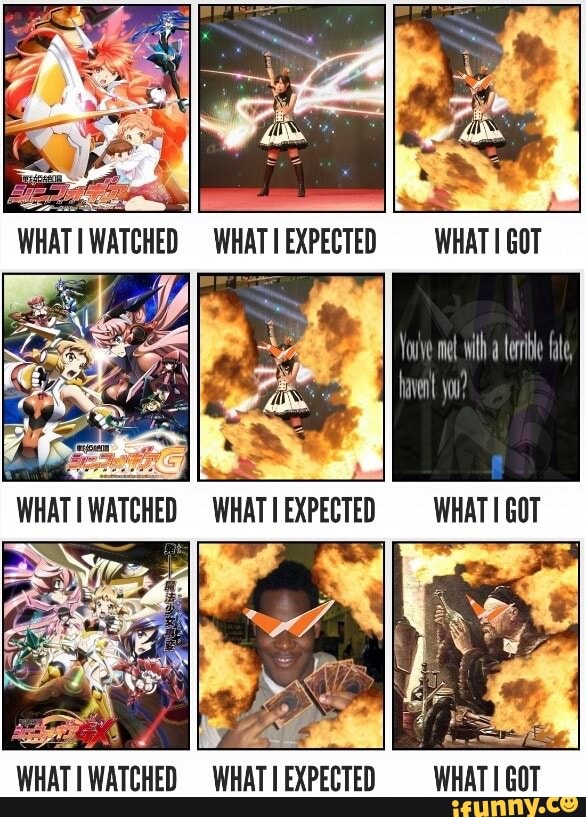 W. Winnicott, holding in this book refers to a therapist’s capacity to respond to postpartum distress in a way that facilitates an immediate and successful therapeutic alliance. Readers will learn how to contain high levels of agitation, fear, and panic in a way that cultivates trust and the early stages of connectedness. Also addressed through vignettes are personality types that make holding difficult, styles of ineffective holding, and how to modify holding techniques to accommodate the individual woman. A must-read for postpartum professionals, the techniques learned in this book will help clients achieve meaningful and enduring recovery.
W. Winnicott, holding in this book refers to a therapist’s capacity to respond to postpartum distress in a way that facilitates an immediate and successful therapeutic alliance. Readers will learn how to contain high levels of agitation, fear, and panic in a way that cultivates trust and the early stages of connectedness. Also addressed through vignettes are personality types that make holding difficult, styles of ineffective holding, and how to modify holding techniques to accommodate the individual woman. A must-read for postpartum professionals, the techniques learned in this book will help clients achieve meaningful and enduring recovery.
Purchase Book
Tokens of Affection: Reclaiming your Marriage After Postpartum Depression
By:
Karen Kleiman
Postpartum depression is hard on a marriage. In their private practices, authors Karen Kleiman and Amy Wenzel often find themselves face-to-face with marriages that are suffocating, as if the depression has sucked the life out of a relationship that was only prepared for the anticipated joy of pending childbirth. What happens to marriage? Why do couples become angry, isolated, and disconnected? Tokens of Affection looks closely at marriages that have withstood the passing storm of depression and are now seeking, or in need of, direction back to their previous levels of functioning and connectedness. The reader is introduced to a model of collaboration that refers to 8 specific features, which guide postpartum couples back from depression. These features, framed as “Tokens,” are based on marital therapy literature and serve as a reminder that these are not just communication skill-building techniques; they are gift-giving gestures on behalf of their relationship. A reparative resource, Tokens of Affection helps couples find renewed harmony, a solid relational ground, and reconnection. Published by Routledge, January 2014
What happens to marriage? Why do couples become angry, isolated, and disconnected? Tokens of Affection looks closely at marriages that have withstood the passing storm of depression and are now seeking, or in need of, direction back to their previous levels of functioning and connectedness. The reader is introduced to a model of collaboration that refers to 8 specific features, which guide postpartum couples back from depression. These features, framed as “Tokens,” are based on marital therapy literature and serve as a reminder that these are not just communication skill-building techniques; they are gift-giving gestures on behalf of their relationship. A reparative resource, Tokens of Affection helps couples find renewed harmony, a solid relational ground, and reconnection. Published by Routledge, January 2014
Purchase Book
Moods in Motion
By:
Karen Kleiman, Illustrated by Lisa Powell Braun
Moods in Motion is a unique coloring book which addresses the specific areas of distress facing new mothers.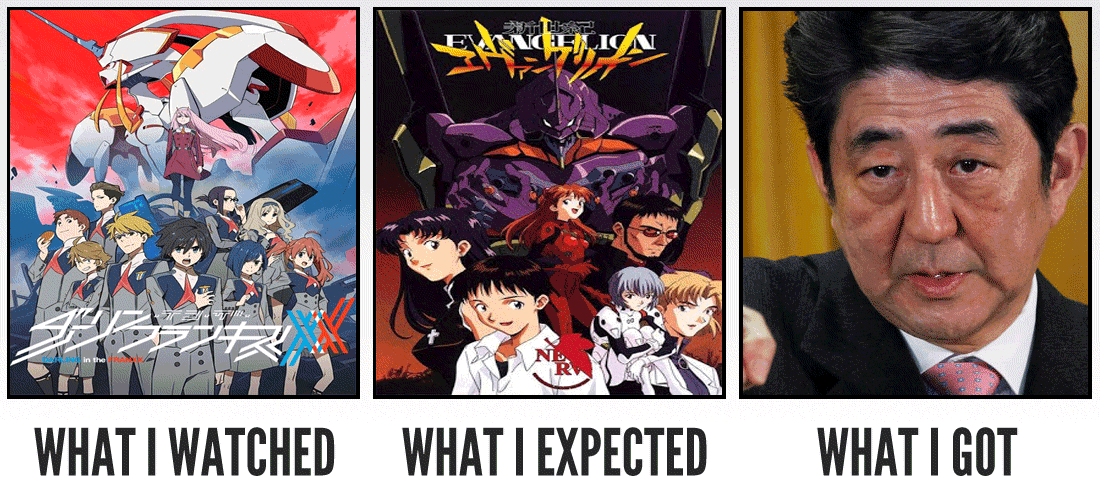 Each illustration depicts a symptom followed by an adjoining illustration along with descriptions of recommendations for healing. We are learning more about the benefits of art therapy techniques to distract an anxious mind. Unfortunately, negative, unwanted thoughts are a common phenomenon causing much stress to postpartum women. Moods in Motion provides a restorative tool so moms can gain control over how they are feeling and enjoy a creative outlet at the same time. In this way, Moods in Motion is more than a coloring book which will ease stress. It is an illustrated guide toward recovery which enables any postpartum woman to actively participate in her healing. As you color your way through the symptom and healing pages, you will envision and internalize suggestions that bring you closer to feeling like yourself again!
Each illustration depicts a symptom followed by an adjoining illustration along with descriptions of recommendations for healing. We are learning more about the benefits of art therapy techniques to distract an anxious mind. Unfortunately, negative, unwanted thoughts are a common phenomenon causing much stress to postpartum women. Moods in Motion provides a restorative tool so moms can gain control over how they are feeling and enjoy a creative outlet at the same time. In this way, Moods in Motion is more than a coloring book which will ease stress. It is an illustrated guide toward recovery which enables any postpartum woman to actively participate in her healing. As you color your way through the symptom and healing pages, you will envision and internalize suggestions that bring you closer to feeling like yourself again!
Purchase Book
Guarire dalla depressione postpartum. Indicazioni cliniche e psicoterapia (Therapy and the Postpartum Woman)
By:
Karen Kleiman
Il volume si pone come manuale completo ed esauriente sul trattamento della depressione postpartum. Frutto di una pluriennale esperienza clinica, questa opera trova una propria forma attraverso un approccio trasversale, attingendo da differenti orientamenti terapeutici. Grazie a uno stile chiaro, accessibile e a una felice sintesi fra inquadramento teorico ed esempi pratici, si presta ad essere un riferimento non solo per i clinici, ma anche per le stesse donne sofferenti di depressione postpartum.
Frutto di una pluriennale esperienza clinica, questa opera trova una propria forma attraverso un approccio trasversale, attingendo da differenti orientamenti terapeutici. Grazie a uno stile chiaro, accessibile e a una felice sintesi fra inquadramento teorico ed esempi pratici, si presta ad essere un riferimento non solo per i clinici, ma anche per le stesse donne sofferenti di depressione postpartum.
Purchase Book
Cognitive Behavioral Therapy for Perinatal Distress
By:
Amy Wenzel with Karen Kleiman
Countless studies have established the efficacy of cognitive behavioral therapy (CBT) for many manifestations of depression and anxiety. In Cognitive Behavioral Therapy for Perinatal Distress, Wenzel and Kleiman discuss the benefits of CBT for pregnant and postpartum women who suffer from emotional distress. The myths of CBT as rigid and intrusive are shattered as the authors describe its flexible application for perinatal women. This text teaches practitioners how to successfully integrate CBT structure and strategy into a supportive approach in working with this population. The examples used in this book will be familiar to postpartum specialists, making this an easily comprehensive and useful resource.
The examples used in this book will be familiar to postpartum specialists, making this an easily comprehensive and useful resource.
Purchase Book
The Postpartum Partner: Practical Solutions for Living with Postpartum Depression
By:
Karen Kleiman
This hands-on guide includes straightforward, supportive information and specific recommendations to help partners deal with the impact of depression after the birth of a baby.
Purchase Book
What Am I Thinking?: Having a Baby After Postpartum Depression
By:
Karen Kleiman
For many women, having a baby delivers all the profound joy they anticipated and brings happiness beyond description. For women who experience depression after the birth of a baby, this joy can seem elusive. Instead, women with postpartum depression (PPD) are often gripped with feelings of deep sadness, confusion, anxiety, and despair, and they are deprived of their anticipated joy in their first precious months with their baby.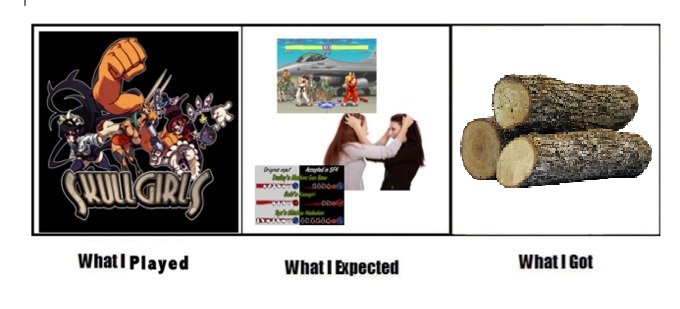 At some point, the question of having another baby arises. If you ask a woman in the throes of a depression this question, she may say, no. No more children. If you ask a woman who has recovered from postpartum depression if she wants more children, she may say, yes, but I'm scared to go through that again. This book was written to accompany these women on their journey toward a subsequent pregnancy after postpartum depression. What Am I Thinking contains essential information for a woman and her family who plan on having another baby after a previous experience with postpartum depression. As these women know, planning another pregnancy can be a process filled with profound anxiety, indecision, fears, and self-doubt. What if I get depressed again? What if it's worse this next time? What if something terrible happens? What if I'm making a mistake? Filled with self-help strategies, current treatment recommendations, and practical advice, this book offers women the hope, confidence, and support they need to make this journey in spite of their anxiety.
At some point, the question of having another baby arises. If you ask a woman in the throes of a depression this question, she may say, no. No more children. If you ask a woman who has recovered from postpartum depression if she wants more children, she may say, yes, but I'm scared to go through that again. This book was written to accompany these women on their journey toward a subsequent pregnancy after postpartum depression. What Am I Thinking contains essential information for a woman and her family who plan on having another baby after a previous experience with postpartum depression. As these women know, planning another pregnancy can be a process filled with profound anxiety, indecision, fears, and self-doubt. What if I get depressed again? What if it's worse this next time? What if something terrible happens? What if I'm making a mistake? Filled with self-help strategies, current treatment recommendations, and practical advice, this book offers women the hope, confidence, and support they need to make this journey in spite of their anxiety.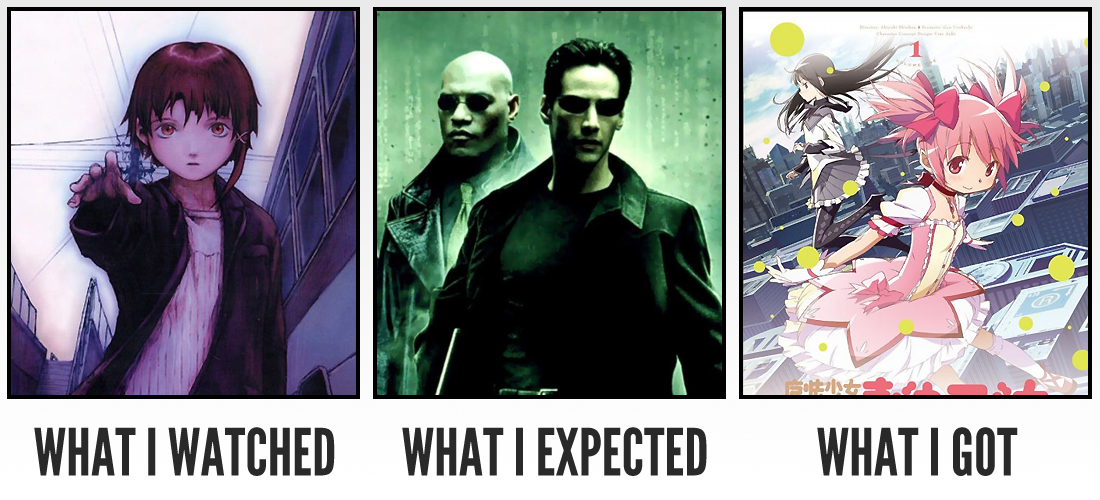 With this resource and available knowledge in hand, they are likely to feel more empowered, enabling them to proceed with confidence.
With this resource and available knowledge in hand, they are likely to feel more empowered, enabling them to proceed with confidence.
Purchase Book
90,000 large bosses - not what I expected after I moved to the book - cat mint- Reads 94.461
94,46194.4k
- Votes 14.667
14.66714.6K
9000 9000 9000 9000 9001Complete
Complete, First published Aug 24, 2022
Mature
*Translated from Chinese*. Author: Xiao Ye Wan Qiao Yang is still yearning for his brother when he suddenly dies himself. But instead of oblivion, it turns out in a novel about a fierce struggle for an inheritance! His character is desperate and daring, ambitious but brainless, in general, typical cannon fodder and the perfect backdrop for the radiant aura of the protagonist. In the original story, nothing good shines for him, he degenerates, loses everything and, in the end, decides to end this worthless life.
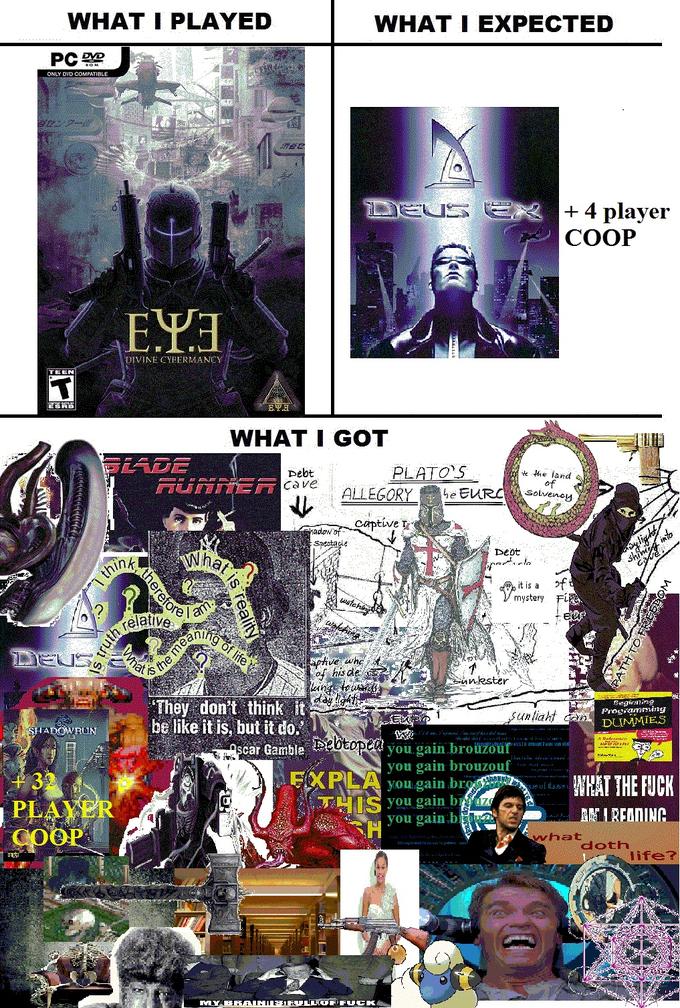 .. that's how it was... Qiao Yang checked his account balance and the long line of numbers left him speechless! “I must not give up! I will fight for a better destiny!” First, you need to fix your relationship with your brothers. Second: get back the stolen post in the company. Third: live for your own pleasure, using money and freedom! But what is it? Why did Qiao Yan's enemies look warmer? Elder brother: You haven't changed your car for a long time, I'll give you a new one. Second brother: I will give you this piece of land in South City as a birthday present. Father: Do you have enough pocket money, I will give you another ten million. Qiao Yang: "...What's going on?" Gu Ye,
.. that's how it was... Qiao Yang checked his account balance and the long line of numbers left him speechless! “I must not give up! I will fight for a better destiny!” First, you need to fix your relationship with your brothers. Second: get back the stolen post in the company. Third: live for your own pleasure, using money and freedom! But what is it? Why did Qiao Yan's enemies look warmer? Elder brother: You haven't changed your car for a long time, I'll give you a new one. Second brother: I will give you this piece of land in South City as a birthday present. Father: Do you have enough pocket money, I will give you another ten million. Qiao Yang: "...What's going on?" Gu Ye, Table of Contentslast Updated Aug 24, 2022
-
1. Two Qiao Yana
-
2. Just lie calmly, like salty fish
-
3. Salt fish makes the first step
-
4 Qiao Yang said he would move, and he moved
-
5.
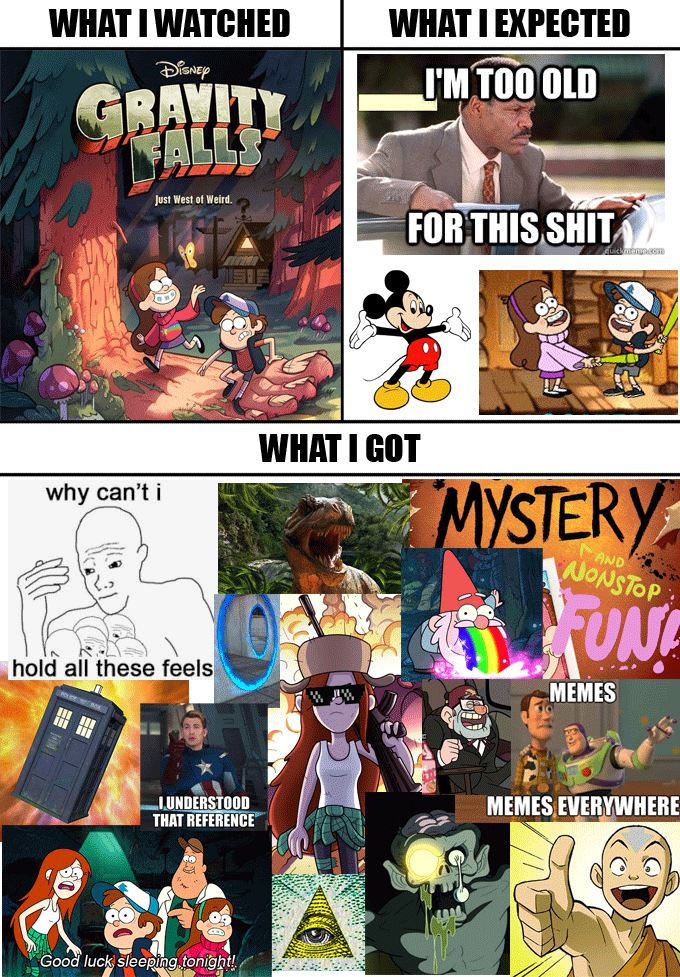 Front and back
Front and back -
6. Fox and dog gang
-
7. The reason I'm here...
You will only ruin everything!
-
-
9. Does the rich man have a dollar lighter and a good heart?
-
10. First working day: to hell with hostility!
-
11. Gu Ye, don't worry, they won't get through!
-
12. If you don't like women, then marry a man
-
13. Is our relationship bad enough?
-
14. I don't care about brotherly love
-
15. Sleeping at your place?
-
16. Does Mr. Qiao want to apologize?
-
17. Today I must apologize well
-
18. In the group of Qiao, a mole ...
-
19. Show a little sincerity
-
20. We are just friends
-
21. Gu Ye admitted defeat
-
22. Surprise for my friend
-
23. How do friends act?
-
24.
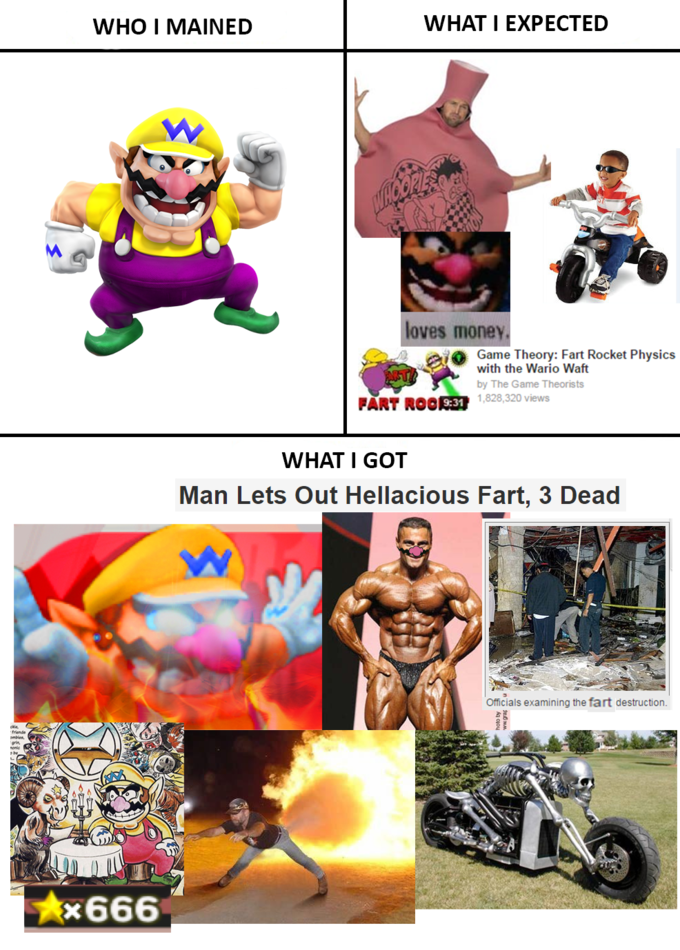 How do friends act?
How do friends act? -
25. This is how friends should act
-
26. Is Mr. Qiao satisfied?
-
27. How you look like my brother...
-
28. May I see this piano?
-
29. Qiao Yang's father, elder brother and second brother are here
-
30. As a reward, can I play every day?
-
31. What did you... find in Mo Yu before?
-
32. Cute, small and defenseless
-
33. Stay a little longer, okay?
-
34. I will take care of you when you are sick
-
35. Can you have lunch with us?
-
36. Who hit Gu Ye?
-
37. What will Qiao Yang do?
-
38. They look good together
-
39. I want this watch!
-
40. Best friend has arrived!
-
41. This youngest son is a family favorite!
-
42. I won't leave you alone with Gu Ye
-
43.
 Difficult situation Gu Ye
Difficult situation Gu Ye -
44. Is there anyone more ruthless than an older brother?
-
45. Will you come again later?
-
46. I wanted to be in private - it did not work out
-
47. He wants to go home and misses the Piano GU E
-
49. GU E in panic cold for him?
-
50. Gu Ye wants to stand next to him
-
51. Did Lao San bring a new brother into the house?
-
52. Smile GU HAVE
-
53. Because I like
-
54. I came to explain who the brother is
-
55. Sudden attack
-
57. I would have broken down the door if you hadn't come
-
58. I want to hear you sing
-
59. Do you feel real?
-
60. Who did you tell about our trip?
-
61.
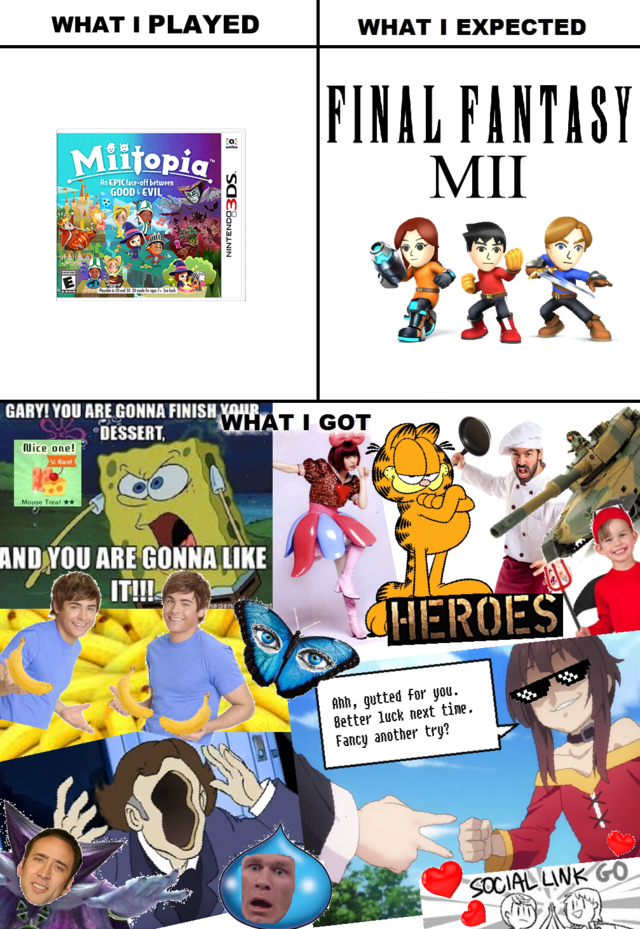 Mr. Gu, you are on your own
Mr. Gu, you are on your own -
62. Don't be angry, let me explain everything
-
63. Yang Yang, tell me who is your brother?
-
64. Long Night
-
65. He wanted Su Cheng to see Qiao Yang like this.
-
67. Money is received by Lee Sunzhana
-
68. Waiting for a response
-
69. Let everyone see how good Lao Sanya
-
70. Fate
-
71. Our family
-
72. What are you doing here?
-
73. Did you take a sip of vinegar? I will comfort you.
-
74. I will satisfy your hunger
-
75. Like a prince
-
0005
-
77. Shang Hua: He even asked me for an autograph
-
78. He doesn't know anything about people and things around Gu Ye
-
79. What will Gu Ye's mother say when she finds out 9004
80. Visit Gu Company
-
81.
 Where is my boyfriend's trial going on?
Where is my boyfriend's trial going on? -
82. Qiao Yang is a bargaining chip for Gu Ye
-
83. I ate... chili
-
84. Don't you believe me?
-
85. I ... I will kill you
-
86. Gu is offended
-
87. Open Relations
-
89 I love you!
-
90. Mr. Gu did not come to work today
-
91. You are the best gift in my life
-
92. He finally figured out what to give Gu Ye
learn more about Gu Ye's childhood -
94. In fact, you live in the book
-
95. The final part (I)
-
96. The final part (II)
-
Extra (1)
-
(2 )
-
Экстра (3)
-
Экстра (4)
-
Экстра (5)
-
Экстра (6)
-
Экстра (7)
-
Экстра (8)
48. Brother Chen should figure out
56. Can I care for you from now on?
88. GU E, I love you
-
1.
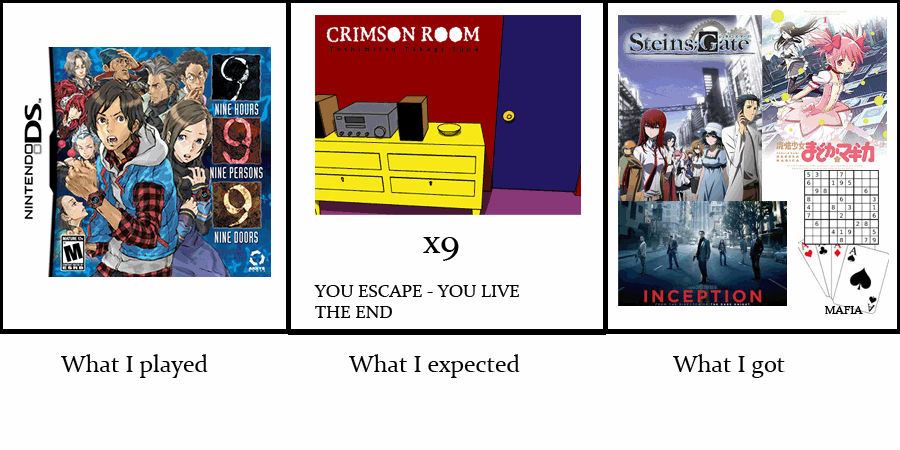 Two Qiao Yana
Two Qiao Yana -
2. Just lie calmly, like salted fish
-
3. Salt fish makes the first step
-
4. Cyao Yang that he would move and he moved
-
5. Front and back
-
6. Fox and dog gang
-
7. The reason I'm here...
-
8. You're just ruining everything!
-
9. Does the rich man have a lighter for a dollar and a good heart?
-
10. First day at work: to hell with hostility!
-
11. Gu Ye, don't worry, they won't get through!
-
12. If you don't like women, then marry a man
-
13. Is our relationship bad enough?
-
14. I don't care about brotherly love
-
15. Sleeping at your place?
-
16. Does Mr. Qiao want to apologize?
-
17. Today I must apologize well
-
18. In the Qiao group, a mole was wound up ...
-
19.
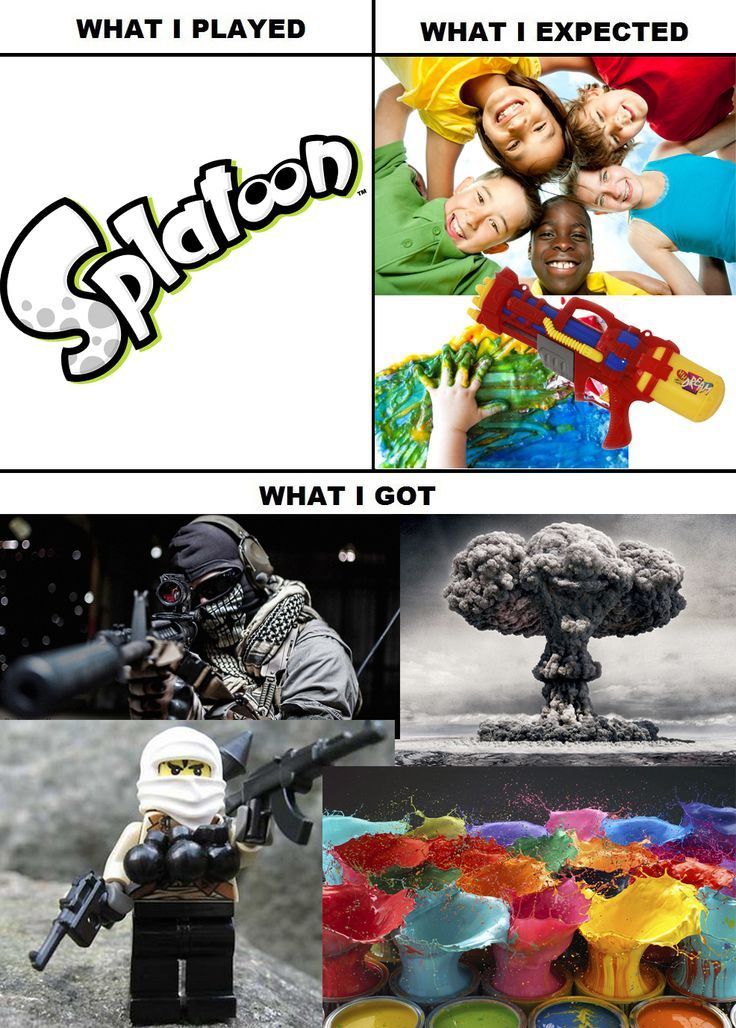 Show a little sincerity
Show a little sincerity -
20. We are just friends
-
21. GU END LISISED
9000 -
22. Surprise for my friend
-
23. How do friends act?
-
24. How do friends act?
-
25. This is how friends should act
-
26. Is Mr. Qiao satisfied?
-
27. How you look like my brother...
-
28. May I see this piano?
-
29. Qiao Yang's father, elder brother and second brother are here
-
30. As a reward, can I play every day?
-
31. What did you... find in Mo Yu before?
-
32. Cute, small and defenseless
-
33. Stay a little longer, okay?
-
34. I will take care of you when you are sick
-
35. Can you have lunch with us?
-
36. Who hit Gu Ye?
-
37. What will Qiao Yang do?
-
38. They look good together
-
39.
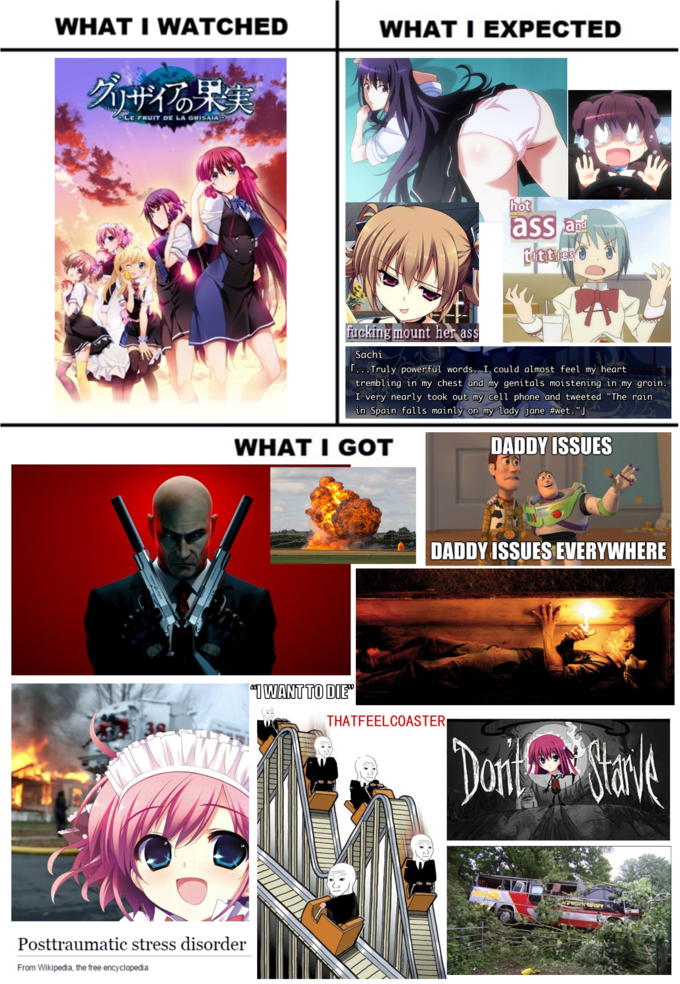 I want this watch!
I want this watch! -
40. Best friend has arrived!
-
41. This youngest son is a family favorite!
-
42. I won't leave you alone with Gu Ye
-
43. Difficult situation Gu Ye
-
44. Is there anyone more ruthless than an older brother?
-
45. Will you come again later?
-
46. I wanted to be in private - it did not work out
-
47. He wants to go home and misses the Piano GU E
-
49. GU E in panic cold for him?
-
50. Gu Ye wants to stand next to him
-
51. Did Lao San bring a new brother to the house?
-
52. Smile GU HAVE
-
53. Because I like
-
54. I have come to explain who the brother is
-
55. Sudden attack
-
56. Can I care for you from now on?
-
57.
 I would have broken down the door if you hadn't come
I would have broken down the door if you hadn't come -
58. I want to hear you sing
-
59. Do you feel real?
-
60. Who did you tell about our trip?
-
61. Mr. Gu, you are on your own
-
62. Don't be angry, let me explain everything
-
63. Yang Yang, tell me who is your brother?
-
64. Long Night
-
65. He wanted Su Cheng to see Qiao Yang like this.
-
67. Gu's money goes to Li Songran's account
-
68. Waiting for a response
-
69. Let everyone see how good Lao San
-
70. Fate
-
71. Our family
-
72. What are you doing here?
-
73. Did you take a sip of vinegar? I will comfort you.
-
74. I will quench your hunger
-
75. Like a prince
-
76. While you talked with people, I have not interfered with
-
77.
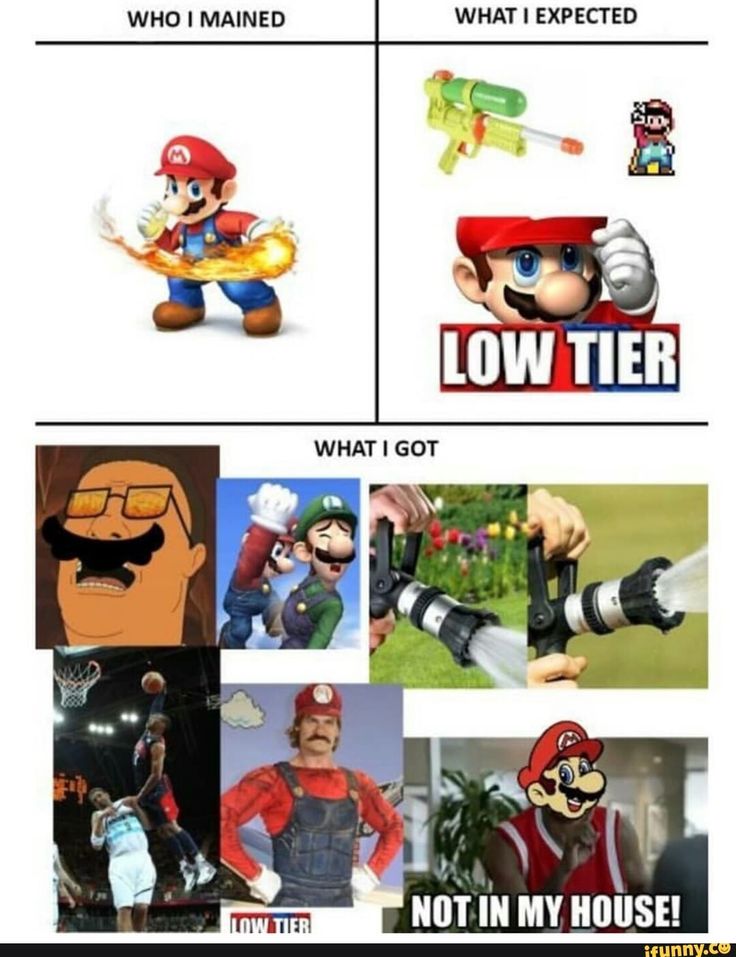 Shang Hua: He even asked me for an autograph
Shang Hua: He even asked me for an autograph -
78. He doesn't know anything about people and things around Gu Ye
-
79. What will Gu Ye's mother say when she finds out
-
80. Visiting Gu Ye's company
-
over my boyfriend?
-
82. Qiao Yang is a bargaining chip for Gu Ye
-
83. I ate... chili
-
84. Don't you believe me?
-
85. I... will kill you
-
86. Gu Ye is offended
-
87. Open relationship
-
88. Gu Ye, I love you
-
89. Qiao Yang, I love you!
-
90. Mr. Gu did not come to work today
-
91. You are the best gift in my life
-
92. He finally figured out what to give Gu Ye
learn more about Gu Ye's childhood -
94. You actually live in a book
-
95. The final part (I)
-
96.
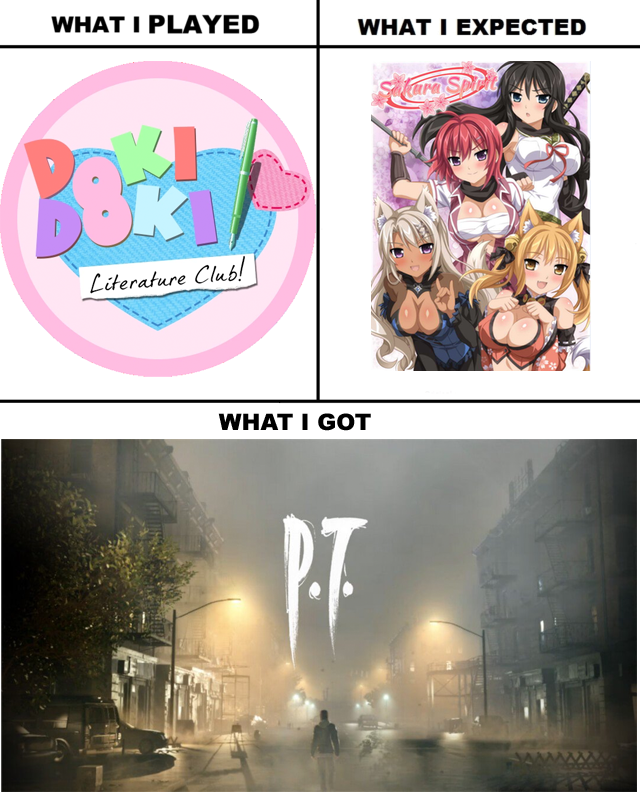 The final part (II)
The final part (II) -
Extra (1)
-
Extra (4)
-
Extra (5)
-
Extra (6)
-
Extra (7)
48. Brother Chen should figure out
Extra (8)
YOU MAY LIKE
when I became a spare wheel, I became a target...
124 parts Ongoing
124 parts
Ongoing
Author: And Her / Yi Yeye Number of chapters: 154 Translation: art...
The fire within us
32 parts Ongoing
32 parts
Ongoing
In the entire history of the Sicilian mafia, there has never been a girl at the head, but she changed that. Karla M...
Seventh (18+)
61 parts Complete
61 parts
Complete
She grew up in a world where men and women are separated by a high wall, where communication with the opposite sex...
Daily life after marriage with the boss
89 parts Complete
89 parts
Complete
Genre: yaoi, romance Original language: Chinese original status: completed by one after another. ..
..
your heart will be broken
102 parts Ongoing
102 parts
Ongoing
I see him every day in the window across the street. he's the coolest guy in my new school. handsome, oh...
Self interest | Violetta Malyshenko
14 parts Ongoing
14 parts
Ongoing
- I don't think it will suit you. She is married. - explained the seller. - Out of control, in...
|EDITOR|Who are you, Michael Ritz?
52 parts Ongoing
52 parts
Ongoing
|18+|I had to move to Charlotte, a strange place. Nothing interests me here...
Tokyo Avengers and T/and
99 Parts Ongoing
99 99 Parts
Ongoing
Handoki for Tokyo Auri
Until the last breath
Parts 9000 , who are called "bad guys" and one who is clearly worth avoiding.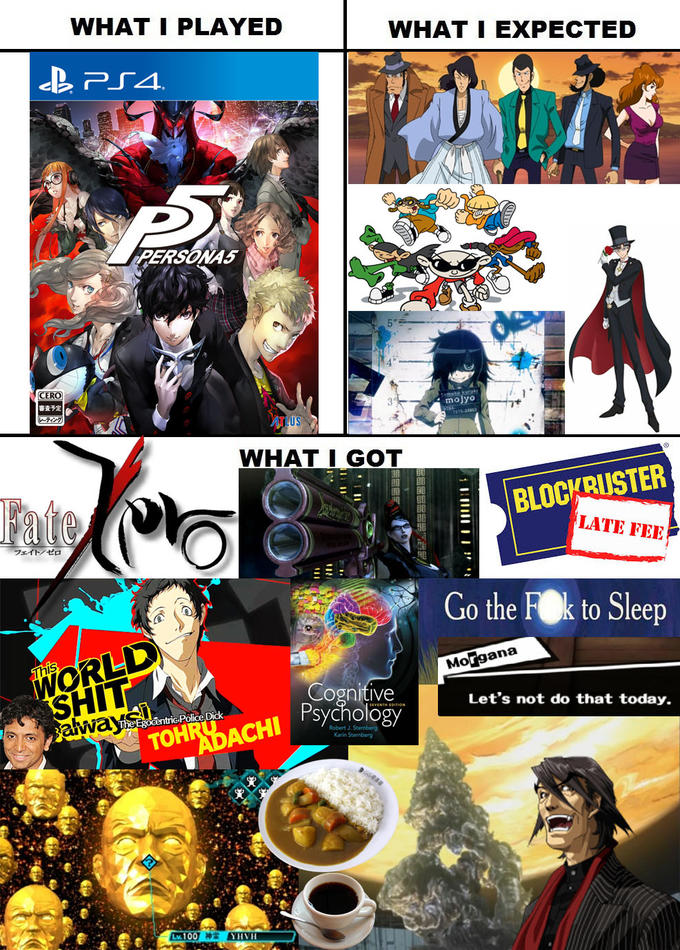 Sasha Chertkova...
Sasha Chertkova...
Attraction
20 parts Ongoing
20 parts
Ongoing
Alexa is an 18-year-old girl, her parents are divorced. All her eighteen years she lived with her mother in Per... 9
Two Unlikely People to Change the World:
A Memoir by Karen Berg
© 2019 Kabbalah Center International, Inc. All rights reserved
© Apalkova E., translated into Russian, 2020
© 2019 Kabbalah Center International
© Design. Eksmo Publishing LLC, 2020
* * *
Thanks
This book was a very important stage in my life - it gave me a rare opportunity to stop and look back during a crazy race to the limit. I couldn't have written it without the help of Susan Golant, writer and editor. Those who know me well cannot imagine how I have been working on a manuscript for three years. It's like imagining me flying to the moon. Susan helped me tell the story of my life with Rav and convey the chronicle of the creation of the Kabbalah Center. It took her thousands of pages of interviews, historical research, and hours of writing to get me to find my voice.
It took her thousands of pages of interviews, historical research, and hours of writing to get me to find my voice.
This project, although it bears my name, does not belong to one person: it belongs to everyone who shared their experience with Rav, who remembered things that I forgot about; those who found Rav's articles and lessons. It belongs to a worldwide community of dedicated people who have accepted such an unusual couple as Rav and I and the fruits of our labor.
Rav, you have always been and will forever remain a person who fills every moment of my existence with meaning, love and life. Loving you and being your partner is my purpose and blessing.
Thanks to my children: you often paid the price for our decisions. When the life of parents is subordinated to a global mission, they are not always able to give their children a calm and comfortable childhood. But still, you favorably accepted our history, no matter how complicated it may be. Thank you for sharing this journey with us. I love you very much and appreciate the kind of people you have become.
I love you very much and appreciate the kind of people you have become.
Chevre Thank you for your dedication and commitment to making this path yours. The Kabbalah Center could not bring so much good to the world without a group of people who call themselves " chevre "and striving to live by wisdom and serve humanity. Thank you to our staff, sponsors and volunteers who have shared their talent, their time and financial resources so that others can learn this life-filling wisdom and so that we can light the Light every day.
Please accept my thanks to all who poured their energy into the pages of this book and the story it tells.
Foreword
This book is not a traditional biography of dates, places, and events, because my husband's life is hardly ordinary. The details of his and our life together here are woven with memories of the lessons he taught and the ideas that he burned. His every thought and action was part of a larger whole - a deep understanding of the universe, which Philip Berg, who later became known as Rav Berg, acquired and shared with others.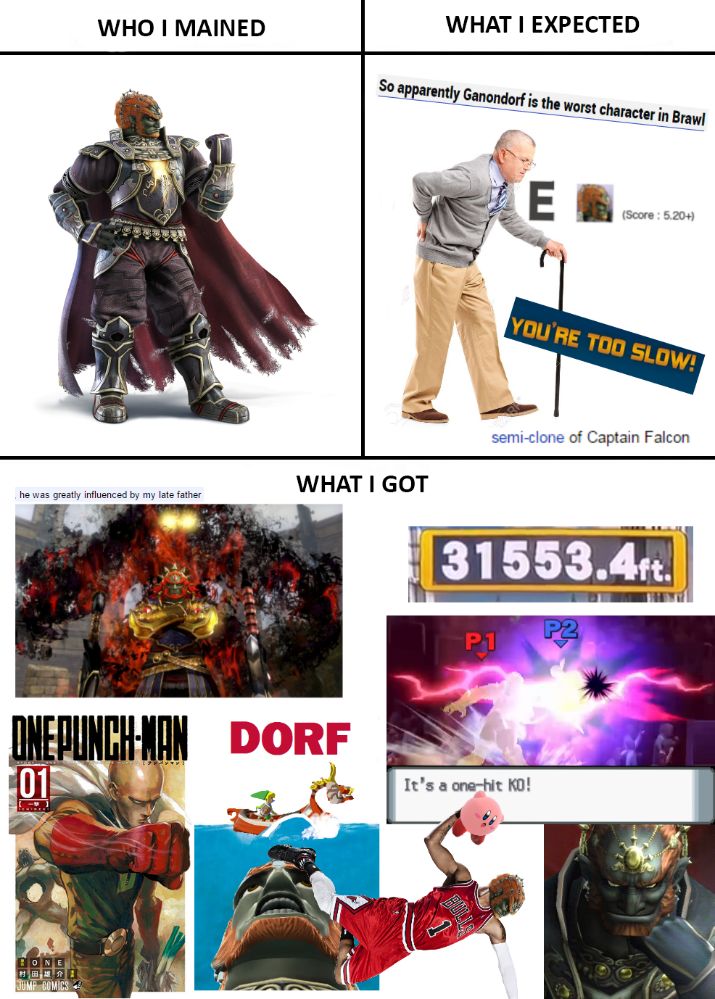 Being his wife, I look back at the pages of our life together and notice the moments that determined the character and fate of Rav. In this book, I have included events in which his passion and service to purpose were manifested - events that also shaped my own path and our troubled family life, as well as influenced the creation of the international Kabbalah Center. Besides, it's not in my nature to strictly follow a linear plan.
Being his wife, I look back at the pages of our life together and notice the moments that determined the character and fate of Rav. In this book, I have included events in which his passion and service to purpose were manifested - events that also shaped my own path and our troubled family life, as well as influenced the creation of the international Kabbalah Center. Besides, it's not in my nature to strictly follow a linear plan.
Although this book is not about the principles of Kabbalah, it is impossible to separate man from knowledge and knowledge from man. One of the central themes in Kabbalah and in Rav's life is love, love for everyone, regardless of their religious views and deeds. My husband came to understand that Kabbalah, the centuries-old mystical branch of Judaism, can actually be opened to all people, regardless of their religious beliefs. But even radiating love for everything and everyone, my husband was not at all soft-bodied.
To a large extent, his love was demanding - the one that inspires people to develop and rise to a new level.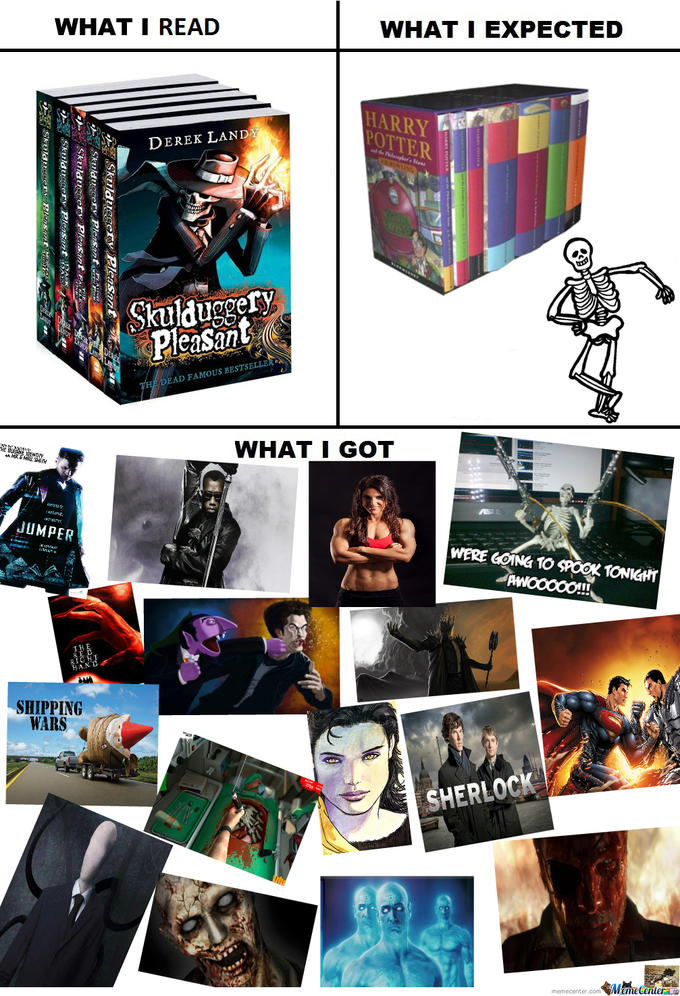 He did not restrain himself if he saw that someone was spiritually dishonest, and therefore he seemed demanding and even tough to some. At other times, he was kind, especially when he felt that the person in front of him needed support. It would be fair to say that he combined the strict and gentle side of love. He knew only one way to exist: to be absolutely sincere and as truthful as possible.
He did not restrain himself if he saw that someone was spiritually dishonest, and therefore he seemed demanding and even tough to some. At other times, he was kind, especially when he felt that the person in front of him needed support. It would be fair to say that he combined the strict and gentle side of love. He knew only one way to exist: to be absolutely sincere and as truthful as possible.
To a large extent, Rav's life did not belong to him. Rather, she was the path that fate had marked out for him as part of a massive chain of succession. It can be said that Rav and I did not have what most people would call a personal life - the very life where there is a separate place and time for home, work, family and friends. On the contrary, our life was a canvas in which various experiences were woven into a single all-encompassing whole, framed by our tireless joint desire to bring Light and awareness to the world, to help people change their lives and destiny for the better.
* * *
In the 36th weekly chapter of the Torah it is said that the people of Israel led the Cloud of glory of the Creator through the wilderness.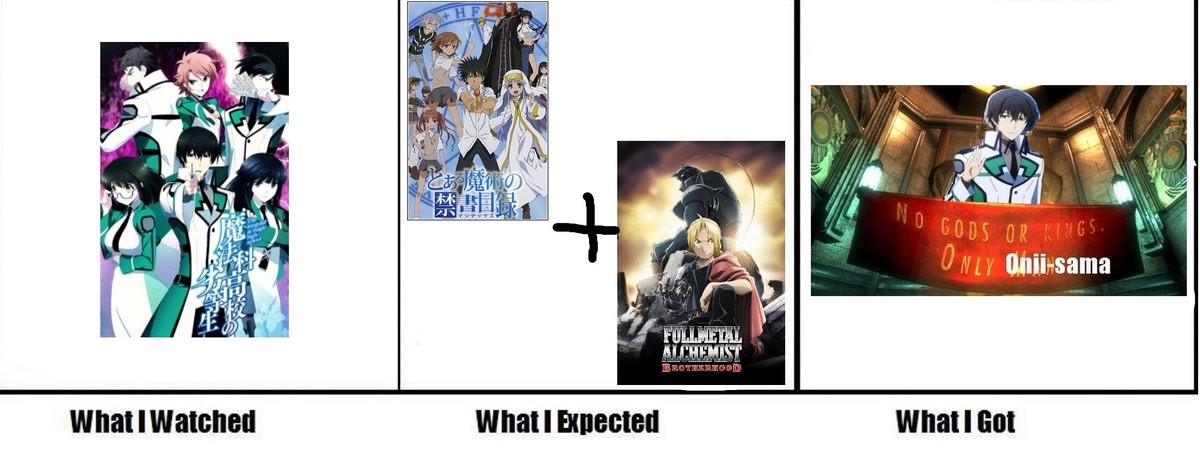 This path was determined by Divine providence. It sounds wonderful and inspiring, but like all contact with the Light in our physical world, it came at a price. No one asked these people if they wanted to travel at all, where they wanted to go and where they wanted to stay. They dutifully followed the Cloud. Where the Cloud stopped, they also stopped there, when it rose, they removed from their place and followed.
This path was determined by Divine providence. It sounds wonderful and inspiring, but like all contact with the Light in our physical world, it came at a price. No one asked these people if they wanted to travel at all, where they wanted to go and where they wanted to stay. They dutifully followed the Cloud. Where the Cloud stopped, they also stopped there, when it rose, they removed from their place and followed.
At times the terrain was uninhabitable, but the Cloud did not move. Sometimes the Israelites came to an oasis with clear water and cool shade, but the Cloud did not linger there. They never knew how long they would stay in one place or another. Sometimes, as soon as they broke their camp, the Cloud called again to the way. The Israelites wandered like this for forty years. During this time, they made 42 stops, which symbolize 42 stages of life. In every place, the people of Israel faced a test that required them to make a spiritual choice.
My life with Rav (which, by the way, lasted 42 years, from 1971 to 2013) was very similar to those wanderings in the desert.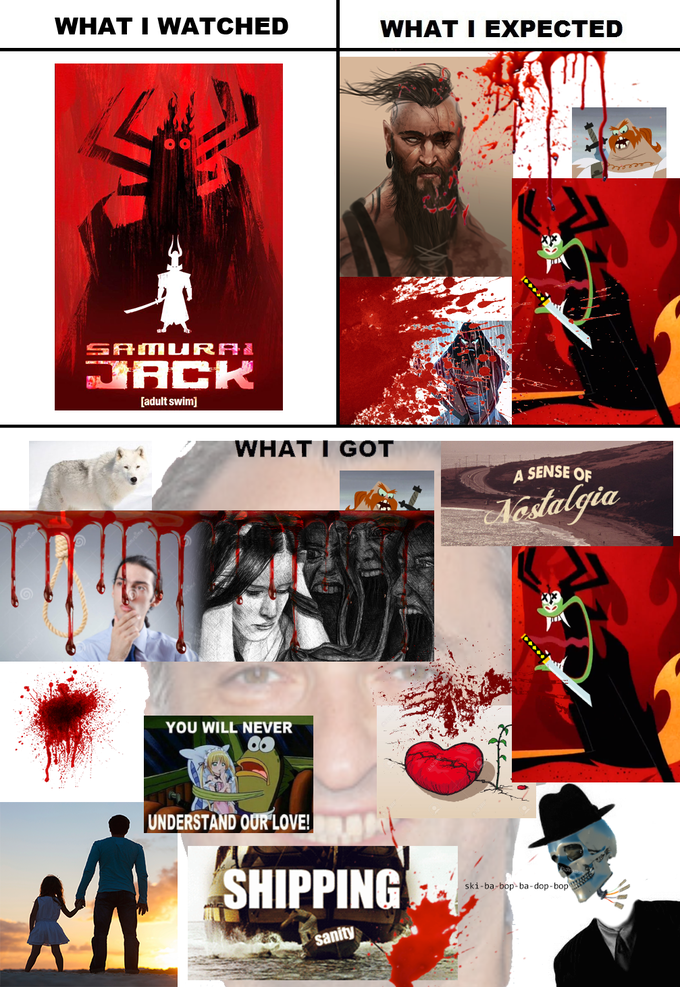 We never knew where we would be called, how long we would stay there, and what adventures we would find along the way. But that's how we lived. That was Rav. This was the life he wanted, and it suited me perfectly.
We never knew where we would be called, how long we would stay there, and what adventures we would find along the way. But that's how we lived. That was Rav. This was the life he wanted, and it suited me perfectly.
Chapter 1
Shraga Fievel Gruberger:
Early years
It is said that there is a paradox in the life of every person: our fate is known to the Creator in advance, but we are given the power and free will to change it. Whether we decide to change in this life or in future incarnations is a choice that we have to make. My husband, Philip Berg, Rav, radically reshaped his life, living it in a way he would never have imagined. The youngest son of a poor immigrant family, he became first a powerful businessman and then, through an incredible transformation, a true spiritual leader.
Rav was the first person in history who opened Kabbalah to everyone without exception, spreading this ancient wisdom everywhere, passing it on to a variety of people - men and women, Jews and not only.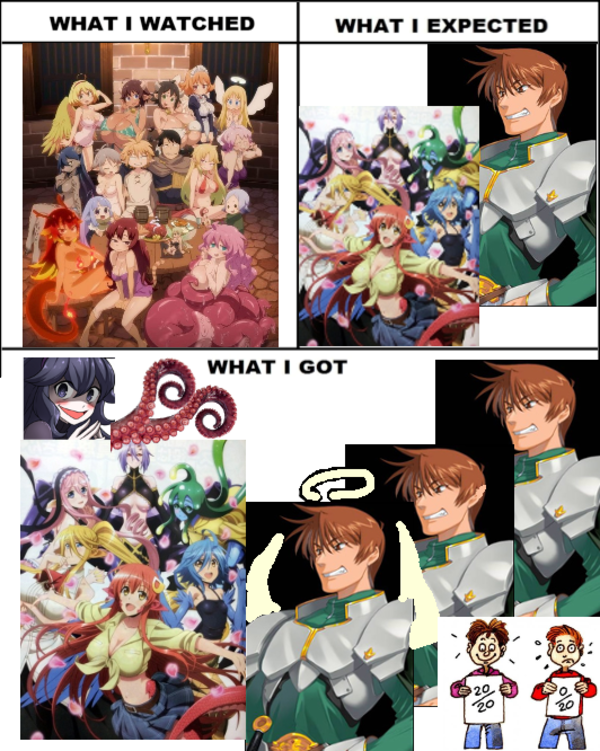 Thanks to his perseverance, willpower and educational activities, teachers, training programs and spiritual connections have appeared that have allowed the organization of more than forty Kabbalah Centers around the world. And today they contribute to the life of cities such as New York, London, Paris, Johannesburg, Mexico City, Moscow, Sao Paulo, Sydney, Hong Kong and Manila.
Thanks to his perseverance, willpower and educational activities, teachers, training programs and spiritual connections have appeared that have allowed the organization of more than forty Kabbalah Centers around the world. And today they contribute to the life of cities such as New York, London, Paris, Johannesburg, Mexico City, Moscow, Sao Paulo, Sydney, Hong Kong and Manila.
Thanks to Rav's tireless efforts and rare, most accurate vision, the wisdom of Kabbalah has reached millions of people. You will see that this path was littered with numerous obstacles, but as his venerable teacher Rav Yehuda Zvi Brandwein once said to Rav: “Your gift and your duty is to explain the wisdom of Kabbalah in such a way that any person can easily understand it.” This task was carried out by Rav with confidence, dedication and full dedication.
* * *
Shraga Fievel Gruberger was born on August 20, 1927 years in the New York area of Brooklyn. His parents, Esther and Max Gruberger, and an older brother arrived from the Polish city of Stanisław [1] , along with a huge wave of immigrants that flooded into the United States after the First World War and subsided by the beginning of the Great Depression.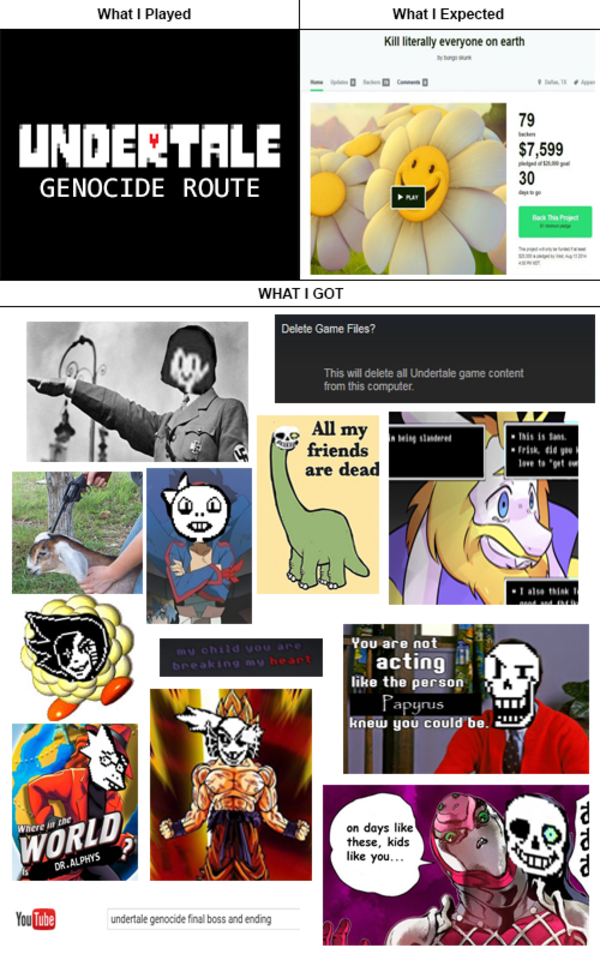 The ancestors of the family were mainly religious Jews who lived in Central Europe - Austria and Hungary - and a few immigrants from Russia and Ukraine. These were the so-called Galician Jews , members of the Ashkenazi branch of European Jews, originating from Galicia. At one time this region was part of the Austro-Hungarian Empire, but the political boundaries in that part of Europe often changed their shape.
The ancestors of the family were mainly religious Jews who lived in Central Europe - Austria and Hungary - and a few immigrants from Russia and Ukraine. These were the so-called Galician Jews , members of the Ashkenazi branch of European Jews, originating from Galicia. At one time this region was part of the Austro-Hungarian Empire, but the political boundaries in that part of Europe often changed their shape.
Being a Galician Jew meant belonging to a separate culture. The Jews of Galicia lived modestly. Most of them were engaged in crafts, worked in small workshops and enterprises as tailors, hatters, carpenters, locksmiths, jewelers, carried out wholesale and retail trade. They strongly believed in the power of education and in the fact that it could provide them with social growth. Many of them were engaged in medicine, for example, they were dentists. They competed with immigrants from Lithuania, the so-called Litvaks. The Galicians for the most part were inclined towards Hasidism, were more sentimental and devout, therefore Litvaks often dismissively called them imprudent and poorly educated.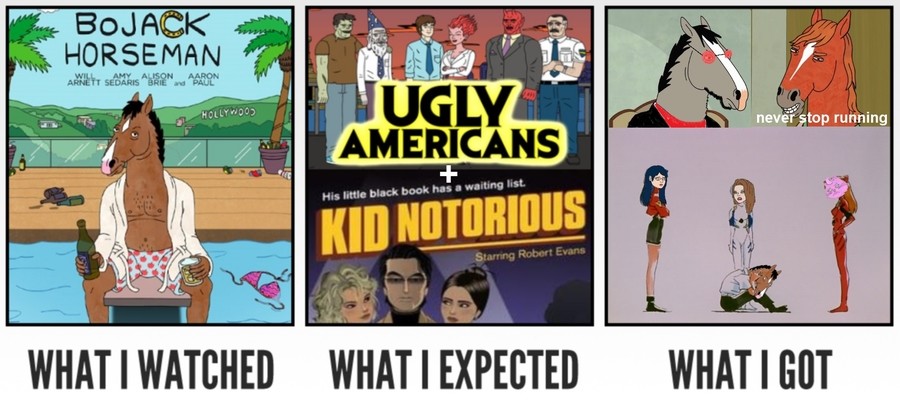 Polish Jews could unmistakably distinguish between people from both groups by the characteristics of Yiddish dialects and traditional dishes. The Galician Jews were known for their sweet tooth and had a habit of putting sugar even in stuffed fish - one of my husband's favorite dishes!
Polish Jews could unmistakably distinguish between people from both groups by the characteristics of Yiddish dialects and traditional dishes. The Galician Jews were known for their sweet tooth and had a habit of putting sugar even in stuffed fish - one of my husband's favorite dishes!
Arriving in New York, the Gruberger family naturally joined the Galician an enclave in Brooklyn's Williamsburg neighborhood that had synagogues, yeshivas, shops, and familiar, comfortable surroundings. Religious Jews arriving in the US at that time were Orthodox but moderate. For example, unlike ultra-Orthodox Jews, women were not separated from men during marriage. In addition, this generation did not wear long robes and fur hats, with the exception of a few respected Hasidic rabbis. Max Gruberger, Rav's father, traditionally tied a gartle (belt) during prayer, like Rav before 1980s, but in general the community could be described as relatively modern and open.
In the 1930s and 1940s, the persecuted Lubavitcher and Satmar Hasidim had not yet emigrated to New York from Hungary and Romania and brought with them the ultra-Orthodox wave. The Hasidim never shaved their beards and wore sidelocks, but in the photos with his wife, we see Max clean-shaven, in a modern outfit - a hat and suit. The Grubergers were religious but not ultra-Orthodox Jews, I would call them "almost-Hasidim".
The Hasidim never shaved their beards and wore sidelocks, but in the photos with his wife, we see Max clean-shaven, in a modern outfit - a hat and suit. The Grubergers were religious but not ultra-Orthodox Jews, I would call them "almost-Hasidim".
At that time, the Williamsburg area also received many Irish and Italian families who lived near the Jews. In fact, the entire area was inhabited by immigrants, doubling the number of its inhabitants from 1900 to 1920. By 1917, this community was the densest in all of New York—in one block adjacent to where the Grubergers lived, more than 5,000 people lived between South 2nd and South 3rd Streets—which, according to my husband, then it was still unheard of.
Rav was born two years before the stock market crash 1929 years that left millions of people unemployed, homeless and destitute. And although my husband never talked about how the Great Depression affected his family's lives, its impact could be seen in his desire to always have small savings and avoid squandering.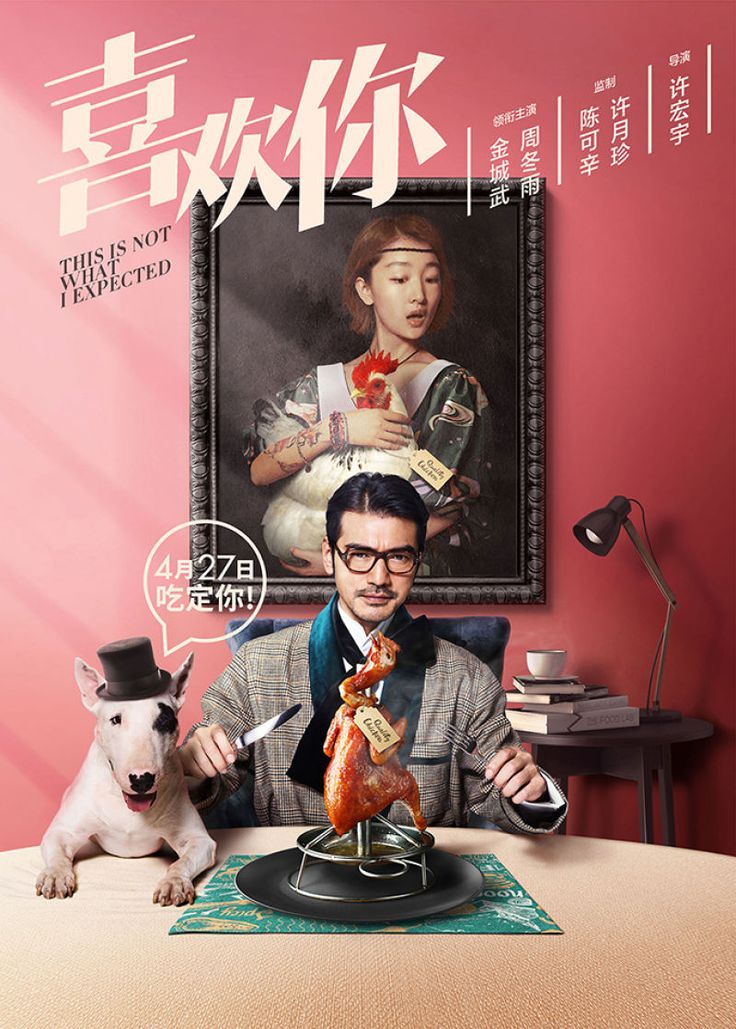 Many people would have thought that he was frugal beyond measure. He always reminded the staff of the Kabbalah Center to turn off the lights when leaving the room. When we needed to buy something, he asked to study the prices and choose the lowest, even if this was not necessary.
Many people would have thought that he was frugal beyond measure. He always reminded the staff of the Kabbalah Center to turn off the lights when leaving the room. When we needed to buy something, he asked to study the prices and choose the lowest, even if this was not necessary.
When it came to publishing books, Rav bargained with publishers for every penny and sometimes ordered larger print runs than we needed because the cost of a book came out a few cents lower. Sometimes I insisted on buying a particular property for the Center, and he argued with me over a mortgage that should plunge us into debt. As a successful businessman, he was extremely conservative when it came to spending.
The Gruberger family eventually settled in a small five-story brick house without an elevator, with decorated cornices and a traditional façade. It was located at 159 South 2nd Street., just off Brooklyn's Bedford Avenue, just four or five blocks from the East River, and three blocks from the Williamsburg Bridge.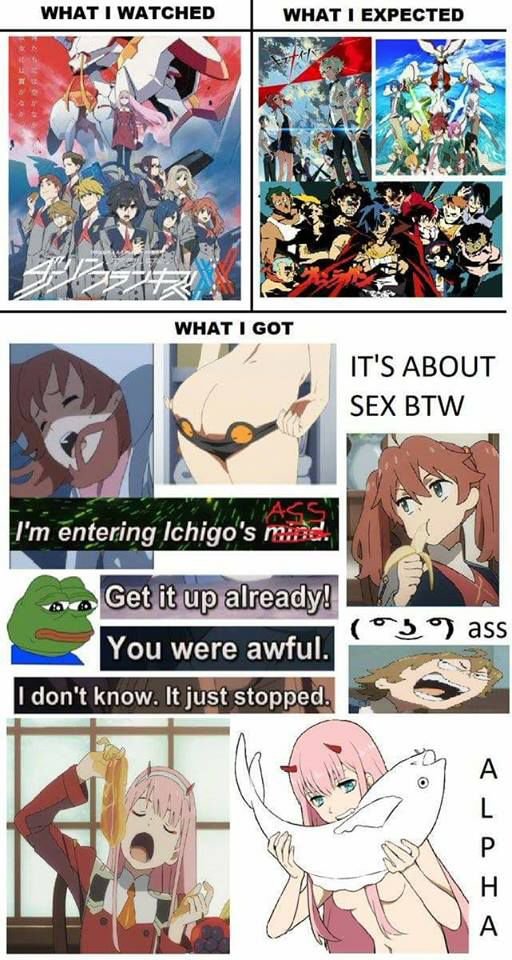 The building, built in 1907, had about two dozen apartments, and an old fire station was located not far away. As was customary in those days, the facade of the house was cut by zigzags of fire escapes - here the inhabitants slept on stuffy summer nights and hung out linen that resembled a multi-colored bizarre cobweb.
The building, built in 1907, had about two dozen apartments, and an old fire station was located not far away. As was customary in those days, the facade of the house was cut by zigzags of fire escapes - here the inhabitants slept on stuffy summer nights and hung out linen that resembled a multi-colored bizarre cobweb.
The life of the family was far from being called luxurious. The five Grubergers, including Rav's older brothers Oskar and Sigmund, crammed into the 700 square feet [2] of a typical two-bedroom apartment. Their housing was not like old-fashioned enfilade-type apartments with through rooms. It had a more modern layout with a central corridor. These days, such an apartment can cost over a million dollars, but in 1940, when Rav was 13, his parents paid $29 a month in rent. In the neighborhood lived people of the same socio-economic background - mostly immigrants from Eastern Europe, many of whom came with families, because their children were born both on the other side of the ocean and on this side of the ocean.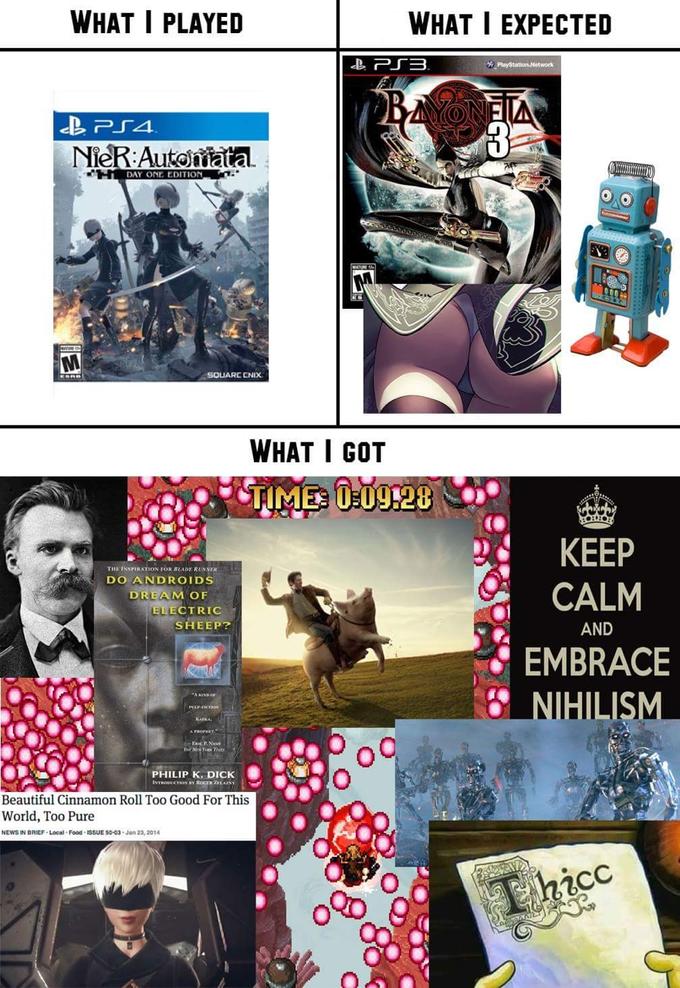
Since the neighborhood was largely Jewish, the surrounding area was occupied by kosher butchers with freshly plucked chicken hanging from their necks in glass cases, large cuts of brisket, calf's liver and beef tongues in refrigerators, and sawdust strewn on the floor. On Friday mornings, the air was filled with the aroma of fresh baked goods: challah, kamishbroit [3] , and cinnamon chocolate babka. Live pikes and carp splashed about in large tin buckets at fishmongers, ready to be stunned with blows to the head, wrapped in paper, carried home, cleaned, gutted, and served for a festive dinner.
Greengrocers' goods were crowded within the walls of the shops, and housewives scurried between the shops with their mesh shopping bags stuffed with onions, potatoes, carrots and apples, bought at a good discount for the Shabbat meal. In the afternoon, the tantalizing aromas of hot chicken soup, sweet stuffed fish, and cholent, a thick stew with beef, barley, and potatoes, hung in the air.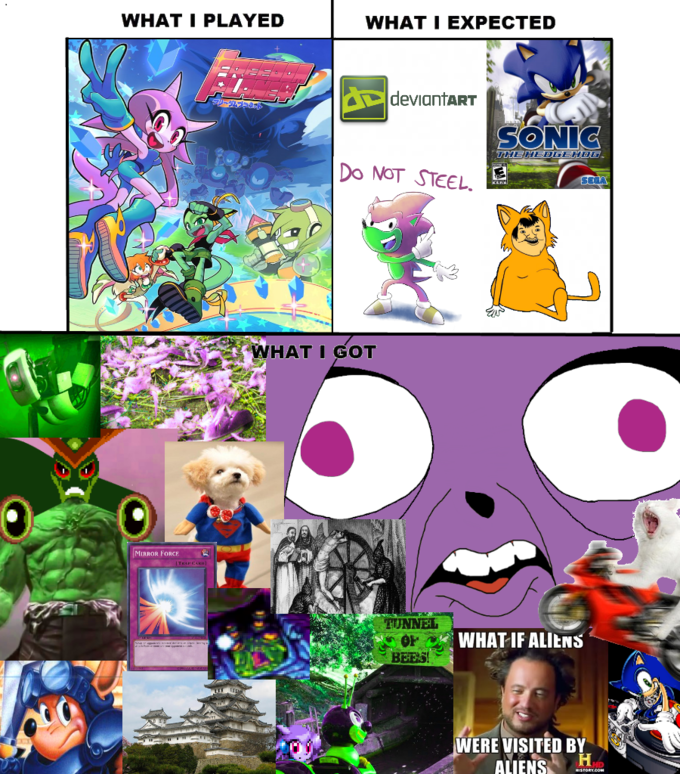 Inhaling them, the men in anticipation hurried home from work or from the yeshiva in order to have time to prepare for Shabbat. Rav was especially fond of potato kugel, a casserole made from grated potatoes, eggs, onions and flour, which his mother often made for Shabbat dinner.
Inhaling them, the men in anticipation hurried home from work or from the yeshiva in order to have time to prepare for Shabbat. Rav was especially fond of potato kugel, a casserole made from grated potatoes, eggs, onions and flour, which his mother often made for Shabbat dinner.
Esther Gruberger was a housewife and caring mother, as well as a pious Jew. On Shabbat, she could be found reading the Book of Psalms, according to the Hasidic custom. Esther was short and in her last years a very plump woman. I did not get to know her, but I know that Rav and his mother were very close. The husband told how she brought hot meals to him in the yeshiva, even when he was already in high school. And while her father spent most of his time at work, Esther ran the household and took care of the children. Rav always spoke of her with special warmth. He remembered his father with respect, but he did not have such tenderness for him.
During World War I, young Max Gruberger was drafted into the Russian army as a cook.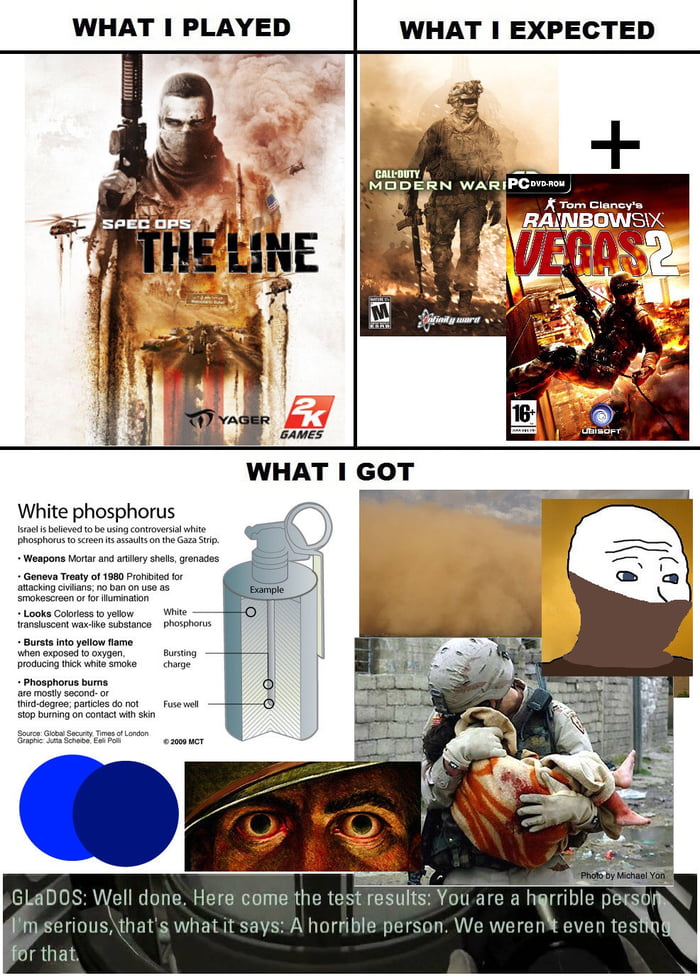 He was a tall man of few words, hardworking and kind. As far as I know, he received no formal education, but, like most Jews, he spoke Yiddish and Hebrew and could read the Torah. It is not known who he worked in Poland, but in New York he became an ironer in a textile factory. My husband told me that under both the scorching sun and the biting wind, his father had to walk across the East River on the Williamsburg Bridge to get to the Lower East Side. There were countless sweatshops and shops in the area, often located on the top floors of buildings.
He was a tall man of few words, hardworking and kind. As far as I know, he received no formal education, but, like most Jews, he spoke Yiddish and Hebrew and could read the Torah. It is not known who he worked in Poland, but in New York he became an ironer in a textile factory. My husband told me that under both the scorching sun and the biting wind, his father had to walk across the East River on the Williamsburg Bridge to get to the Lower East Side. There were countless sweatshops and shops in the area, often located on the top floors of buildings.
My husband's older brother, Oscar, who was born thirteen years before him, also worked as an ironer. It was hard work - the men lifted 20-pound irons [4] to bring ready-made clothes to market. In winter, people suffocated from the heat and strained their backs, working with red-hot irons in small rooms with tightly closed barred windows. In the summer they worked until blisters on their hands. In addition, this work did not bring a stable income.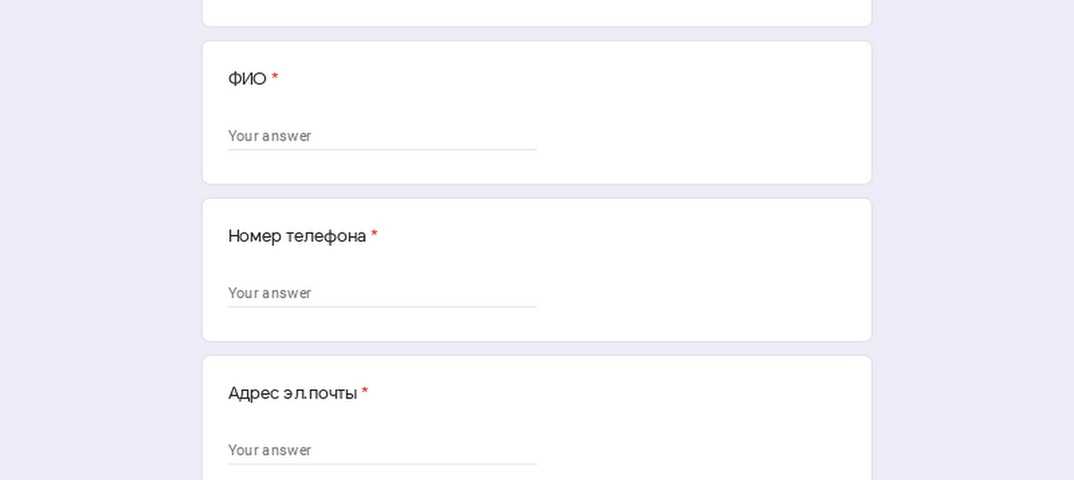 When orders were plentiful, staff were asked to work overtime, and when demand dropped, shop workers became unemployed.
When orders were plentiful, staff were asked to work overtime, and when demand dropped, shop workers became unemployed.
The Grubergers did not want this fate for their youngest son. Not being Hasidim in the full sense of the word, they, perhaps not very consistently, but still adhered to orthodox traditions. So the three-year-old Shraga was sent to a religious elementary school in the hope that when he grew up he would become an educated person or even a rabbi. Parents did everything in their power to make this path easier for the boy. The family lived across the street from the elementary school, heder , and the child could come home for lunch between classes. After school, chocolate and a glass of milk were always waiting for him. My husband has retained the legendary Galician sweet tooth since childhood. At home, Rav often asked for dessert - especially kosher ice cream - for the Friday table, knowing full well that this was very harmful to his health. After my warnings, he still went to the refrigerator, took out ice cream and ate it.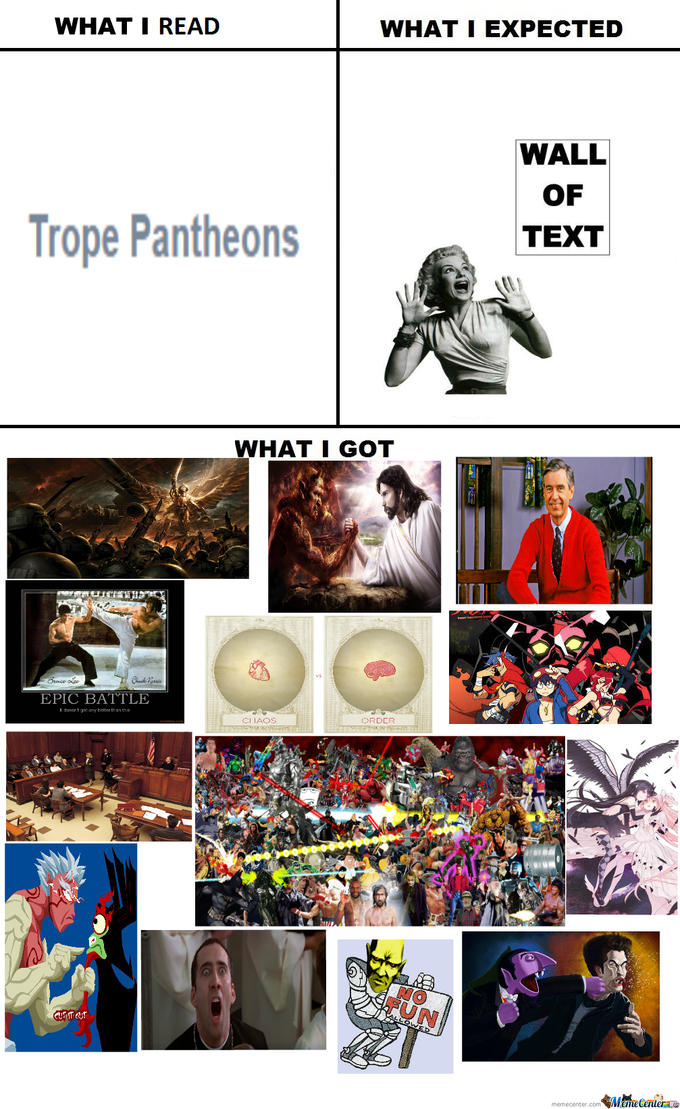
* * *
On the day Rava's bar mitzvah fell, the weekly reading was Deuteronomy 11:26–16:17. I find this prophetic, since the first word and title of chapter Ree means "look." This is the longest chapter of Deuteronomy, but, curiously, one of the few not found in the Zohar (a Kabbalistic work that is a commentary on the Torah). On the contrary, its meaning is shrouded in mystery.
Chapter Ree begins with Moses saying to the people, "Look, today I offer you a blessing and a curse." A blessing will descend when the people of Israel fulfill the commandments of the Creator, but there will be a curse if they reject them. Moses then lists the Creator's commandments, including the construction of the Temple in the place indicated by the Creator, the rejection of idolatry and human sacrifice, the eradication of communities that worship false prophets, rules of observance kashrut and the importance of giving tithing and charity.
Why do I say that this bar mitzvah reading was prophetic? As mentioned, the word " ree" means "to see. " Rav often said that Kabbalah is the doctrine of visible and invisible dimensions, the key to understanding the inner laws of the Universe. Kabbalists believe that we see only 1% of reality - the physical world, the remaining 99% - the spiritual world, which is invisible to us. Thanks to Rav and a whole generation of teachers, we have a Kabbalah that helps us see what is hidden from human eyes: the metaphysical realms that lie beyond our five senses.
" Rav often said that Kabbalah is the doctrine of visible and invisible dimensions, the key to understanding the inner laws of the Universe. Kabbalists believe that we see only 1% of reality - the physical world, the remaining 99% - the spiritual world, which is invisible to us. Thanks to Rav and a whole generation of teachers, we have a Kabbalah that helps us see what is hidden from human eyes: the metaphysical realms that lie beyond our five senses.
Rav's work lives on today in his books and spiritual lessons, revealing to us hidden dimensions and their endless blessings. We tend to believe that the roots of all our problems and successes lie here, in physical reality, but our world is just “Satan’s playing field,” as Rav liked to say when he wanted to characterize the enemy’s hostile forces that test our strength. Kabbalists see darkness as the absence of Light. This is a negative energy that actively seeks to bring destruction, sow discord and distract us from the truth. The name of this power is Satan.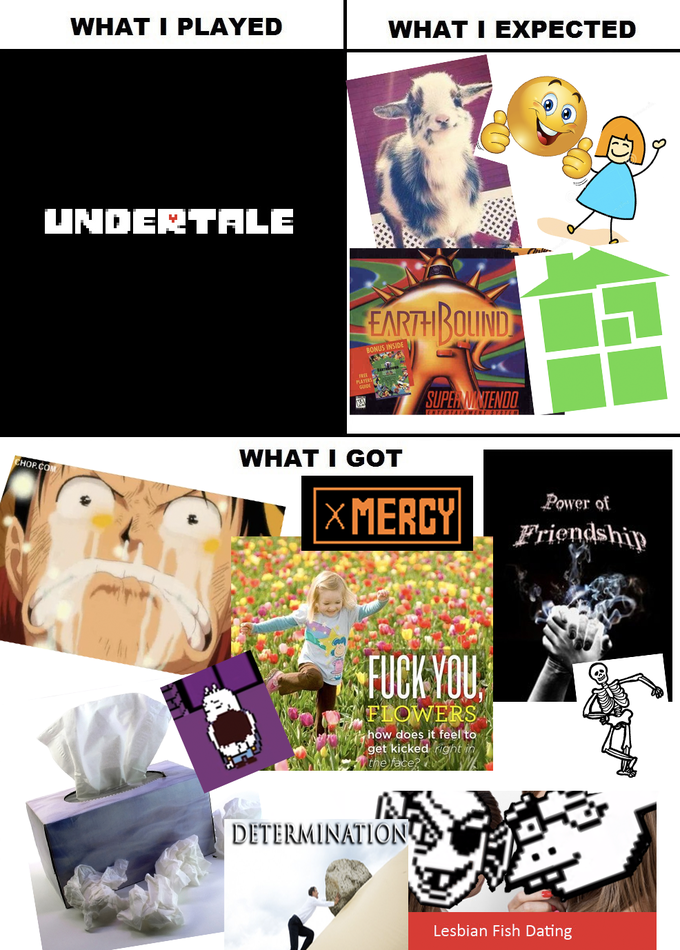 It is also called an opponent or adversary.
It is also called an opponent or adversary.
There is more hidden from our eyes than we will ever be able to see. The wisdom of Kabbalah helps us awaken our consciousness in order to explore the secret spiritual dimensions. Kabbalah is based on the fact that three primordial forces, called Columns of Energy, prevail in the world. On the right is the positive power of giving, and on the left is the negative energy of receiving. Between them is the Central Column of Energy. Like the filament in a light bulb, it serves as resistance and balance, harmonizes positive and negative charges, and manifests the Light of the Creator. We ourselves create the Central Column by exercising our free will.
I believe that the essence of Rav's life story is contained in this chapter on vision. He started with the traditional religious community in which he was born, with all its rules and interpretations, and chose the path of an endless search for understanding beyond tradition. Ree was the head of Rav, since the meaning of his life was to shed light on the hidden, to help us all see the beauty and reach out to the wisdom of the spiritual system, standing outside our limited physical world.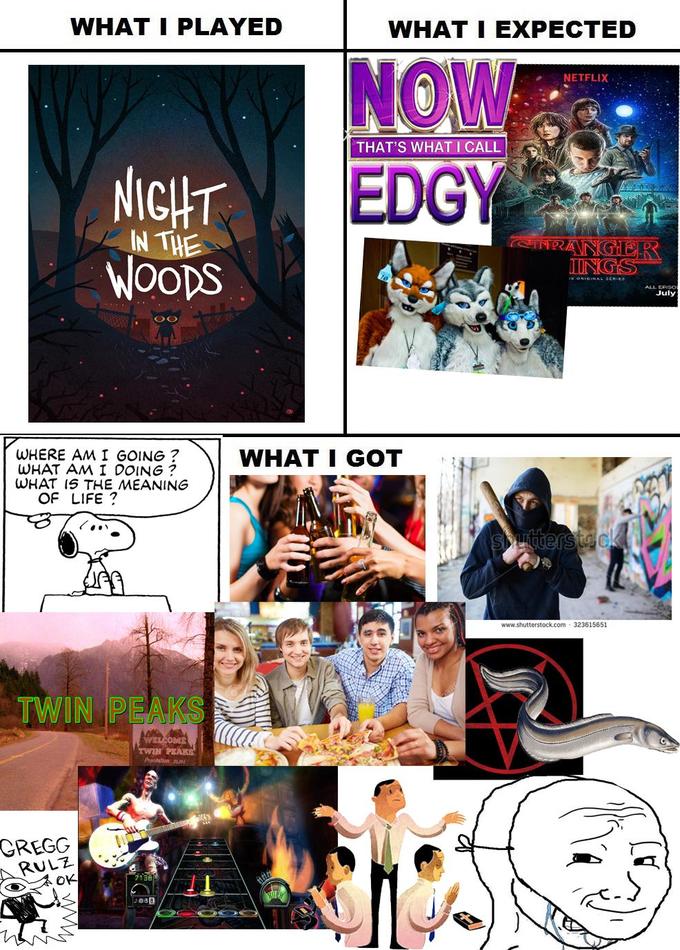 So humanity will be able to fulfill its mission and become, as Rav said, a "determinator." It is in our power to become the cause of change, to build around a reality in which “love your neighbor” will become the norm of life, and chaos, destruction and death will disappear from the face of the earth. Like the teacher Rav, I believe that it was his destiny to initiate all people, and not just a select few, into the teachings of Kabbalah.
So humanity will be able to fulfill its mission and become, as Rav said, a "determinator." It is in our power to become the cause of change, to build around a reality in which “love your neighbor” will become the norm of life, and chaos, destruction and death will disappear from the face of the earth. Like the teacher Rav, I believe that it was his destiny to initiate all people, and not just a select few, into the teachings of Kabbalah.
My husband had an inexhaustible thirst for knowledge of the spiritual dimension and its influence. The more he studied, the clearer everything became, and with understanding came confidence in the wisdom of Kabbalah and the Light of the Creator. He gained both intuitive and intellectual understanding of these aspects of the spirit. He did not follow the rules blindly, but consciously worked to make the secret clear. He set out to help humanity use the spiritual tools of the Kabbalah to rise above the limited reality and discover the infinite source of Light. The meaning of his life was the awakening of awareness and - no less - in the pursuit of achieving physical immortality.
The meaning of his life was the awakening of awareness and - no less - in the pursuit of achieving physical immortality.
* * *
However, nothing foretold such a future in my husband's early years. The wisdom of Kabbalah will enter it only after many years. Shraga Fievel Gruberger received a traditional religious education that served him well years later. My husband underwent extensive serious training in several educational institutions. From junior to high school, he attended Brooklyn's Tora Vodaas School, which has been called "the mother of American yeshivas." This respected institution, founded in 19At the age of 17, he received an orthodox education. Religious subjects were taught there in Hebrew and Aramaic, as well as in Yiddish.
In 1946, Rav studied at Beit Midrash Govocha in Lakewood, New Jersey. This yeshiva, recently founded by the eminent Rabbi Aaron Kotler, sent requests to other schools in the New York metropolitan area to send their best students to it.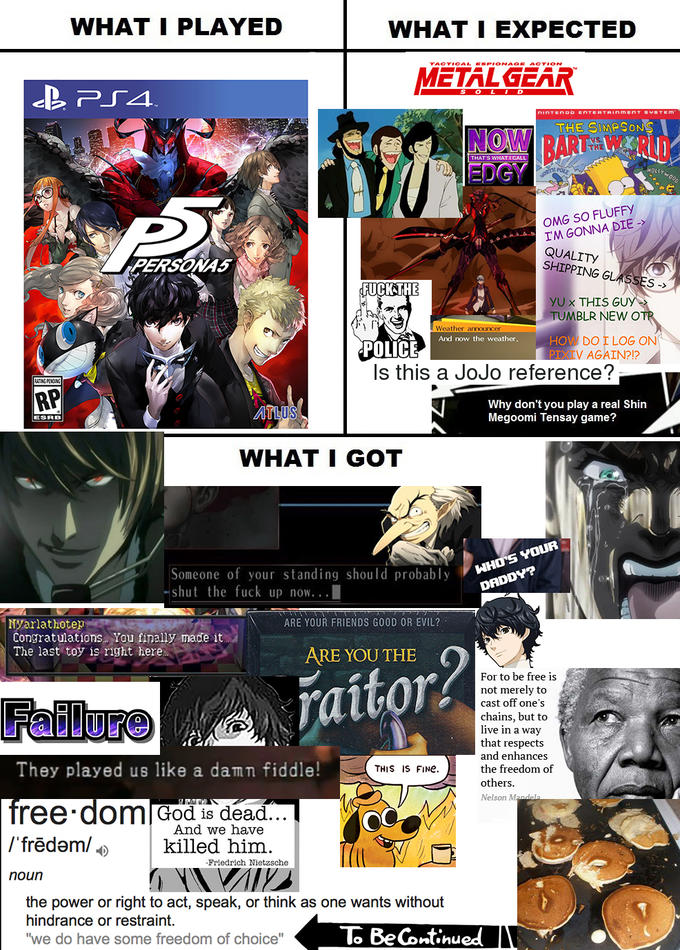 At the end of the school year, Shraga returned to Yeshiva Tora Vodaas to finish school. He completed his formal religious education at Beit Midrash Elyon in Monsey, a suburb of New York, an institution of higher education under the auspices of Yeshiva Torah Vodaas, at 1950-1960s was considered an elite educational institution. There he received his diploma and the title of rabbi at the end of 1951.
At the end of the school year, Shraga returned to Yeshiva Tora Vodaas to finish school. He completed his formal religious education at Beit Midrash Elyon in Monsey, a suburb of New York, an institution of higher education under the auspices of Yeshiva Torah Vodaas, at 1950-1960s was considered an elite educational institution. There he received his diploma and the title of rabbi at the end of 1951.
Through many years of deep study, my husband studied the Torah (the Pentateuch of Moses and the Oral Torah) and the Talmud. The Talmud (which is translated from Hebrew as "teaching") consists of 63 books or treatises and has a total of more than 6,000 pages. This impressive collection of the teachings of thousands of rabbis was compiled from BC to the 5th century AD. It covers Jewish ethics, philosophy, traditions, history, and folklore, among other topics, and is the foundation of all Jewish law. These 63 books are divided into two parts: the Mishna, a written retelling of the Oral Torah - all the laws, norms and interpretations that are not included in the original Pentateuch of Moses, and the Gmara, written around the 5th century CE. which explains and completes the Mishnah. My husband also studied the Midrash, an anthology of thousands of interpretations of Torah passages, rabbinical sermons, instructions, expositions, and commentaries.
which explains and completes the Mishnah. My husband also studied the Midrash, an anthology of thousands of interpretations of Torah passages, rabbinical sermons, instructions, expositions, and commentaries.
While in high school, Rav often took a horse and wagon to Jamaica Bay to help his family. In those days, this area was a huge swamp. He cut reeds growing in the bog, loaded them into a wagon and brought them home to sell to neighbors to build a sukkah (a specially built hut) for the Sukkot holiday. An old friend of my husband told me that in 1947 Rav's father brought sweaters from the sewing workshop and Rav sold them to his classmates for $2 each.
After receiving the title of rabbi in 1951, Rav began teaching the basics of Torah in the junior classes of the nearby yeshiva in Monsey, which was a common practice for young rabbis. Around the same time, he married Rivka Brandwein. As was customary in their circle, her parents paid the young couple $10,000 as a small dowry for family expenses and the ransom of their first child.
Rivka was described as a modest girl who came from a prosperous Israeli settler family. Her ancestors, starting from the 16th century, lived in Safed, considered one of the four holy Jewish cities and a center for the study of Kabbalah. As far as we know, Rivka's line goes directly to King David, which means that her family is related to every prominent rabbi in history, including the legendary Baal Shem Tov. Rivka's father is a fourth or fifth generation Israeli, his ancestors are buried in the ancient Old Cemetery, where the great Kabbalist Rabbi Yitzhak Luria (Ari) was buried centuries earlier. Since there were no such prominent people in Rav's family, the union with Rivka was a source of great pride for his parents.
Rav and his young wife began their life together in Brooklyn's Jewish neighborhood near Eastern Parkway and Prospect Park, where many Orthodox families still live today. In this marriage, eight children were born - four girls and four boys. With dowry money, Rav bought a three-story townhouse with coffered ceilings.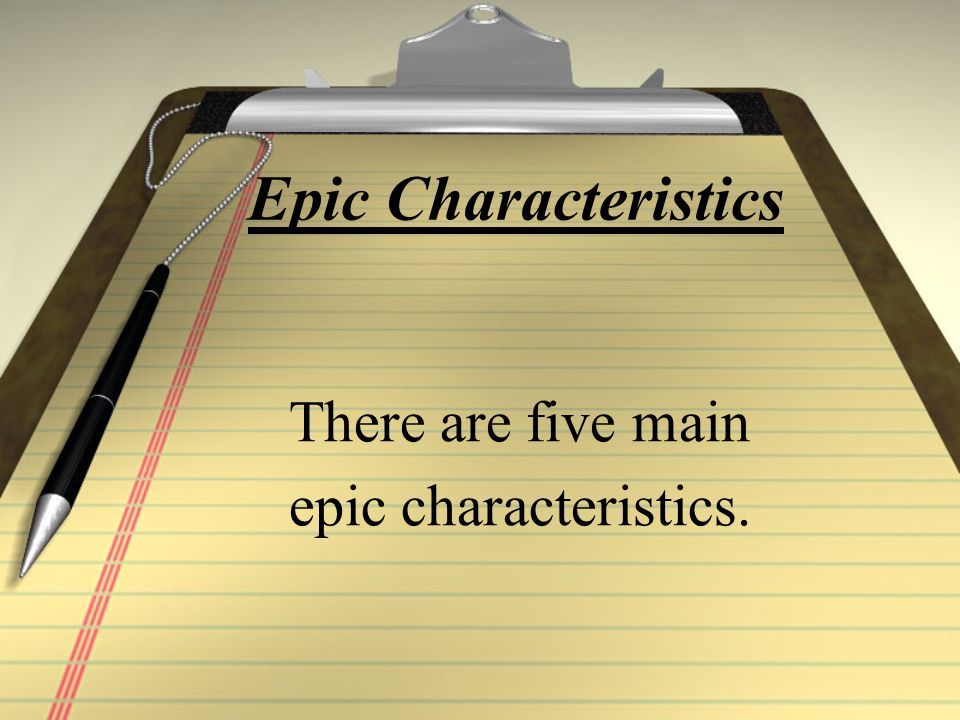 He and his wife occupied the top floor, rented the second floor to another family, and the bottom floor was rented as a warehouse. Rivka's sister lived four blocks away on Carroll Street. And although Rivka's parents remained in Israel, her brother also settled nearby in New York. Rav's parents by that time had moved to the Rockaway beach area, and brother Sigmund lived in the Flatbush area of Brooklyn.
He and his wife occupied the top floor, rented the second floor to another family, and the bottom floor was rented as a warehouse. Rivka's sister lived four blocks away on Carroll Street. And although Rivka's parents remained in Israel, her brother also settled nearby in New York. Rav's parents by that time had moved to the Rockaway beach area, and brother Sigmund lived in the Flatbush area of Brooklyn.
Despite the seeming prosperity of the traditional life of a rabbi, a few years after the Rav began teaching in the yeshiva, his soul became restless. He felt that this was not the case for him. Anxiety settled in him. Rav kept asking himself, “What can I really achieve?” At that time, he began to part with some illusions about religion. Orthodox Judaism as taught did not provide practical answers to real life questions. Rav needed to try his hand at something else.
It is very important to understand that, despite the disappointments, my husband never renounced Orthodox Judaism.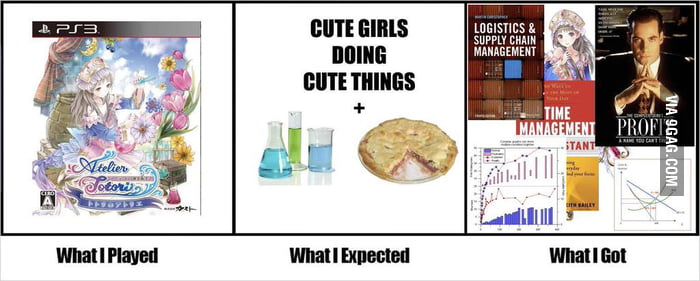 And he never stopped teaching people. After all, Rav was a Leo, and they are all born teachers.
And he never stopped teaching people. After all, Rav was a Leo, and they are all born teachers.
Philipp Gruberger started a business with his brother-in-law, Herschel Wallinger, the husband of Rivka's sister. Shraga Fievel was my husband's Hebrew name, and Philip was the English equivalent of Fievel, which he used for social affairs. Later, when we moved to Israel, we shortened the name Gruberger to Berg. Philip Gruberger and Herschel Wallinger became insurance agents and opened an office in downtown Brooklyn at 127 Remsen Street, near Borough Hall Station. Here they issued policies for government and municipal buildings in New York and insured general contractors.
By custom, Orthodox men and married women are not to go bareheaded. Men wear hats or kippahs and women wear hats or wigs. Rav never came to meetings with his head uncovered, but when in some situations he felt that a kippah or hat would be out of place, he would put on a small wig.
Their business quickly flourished.